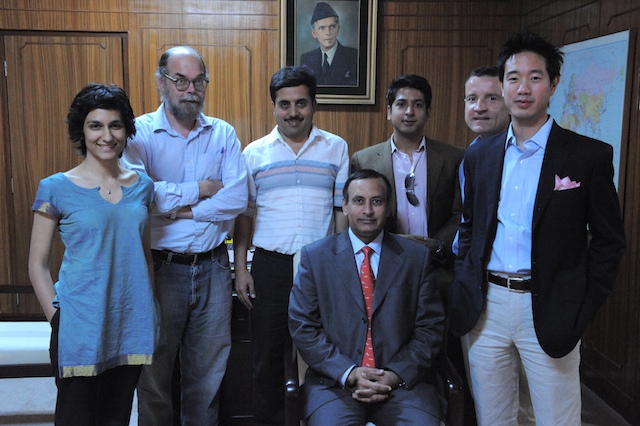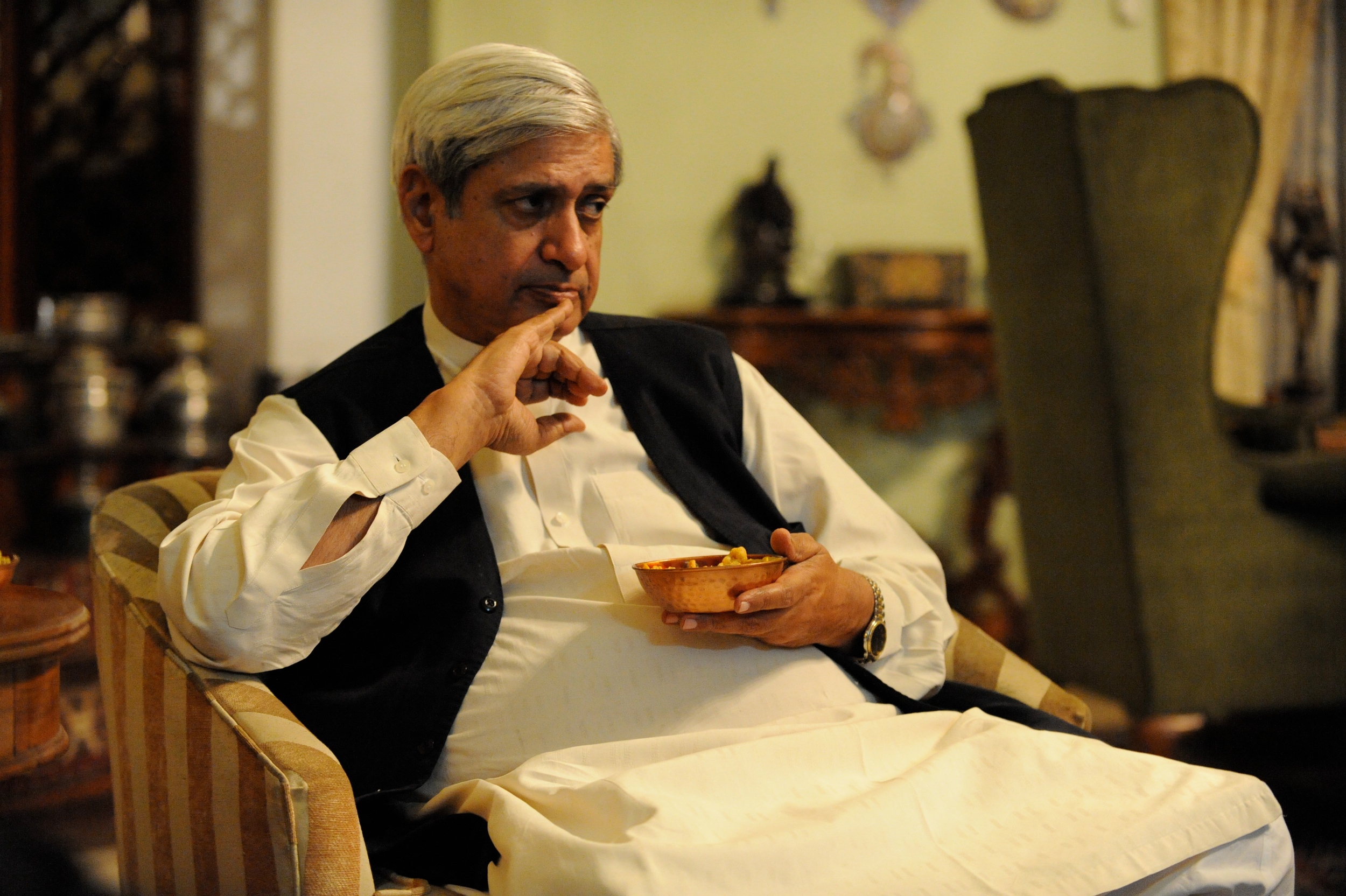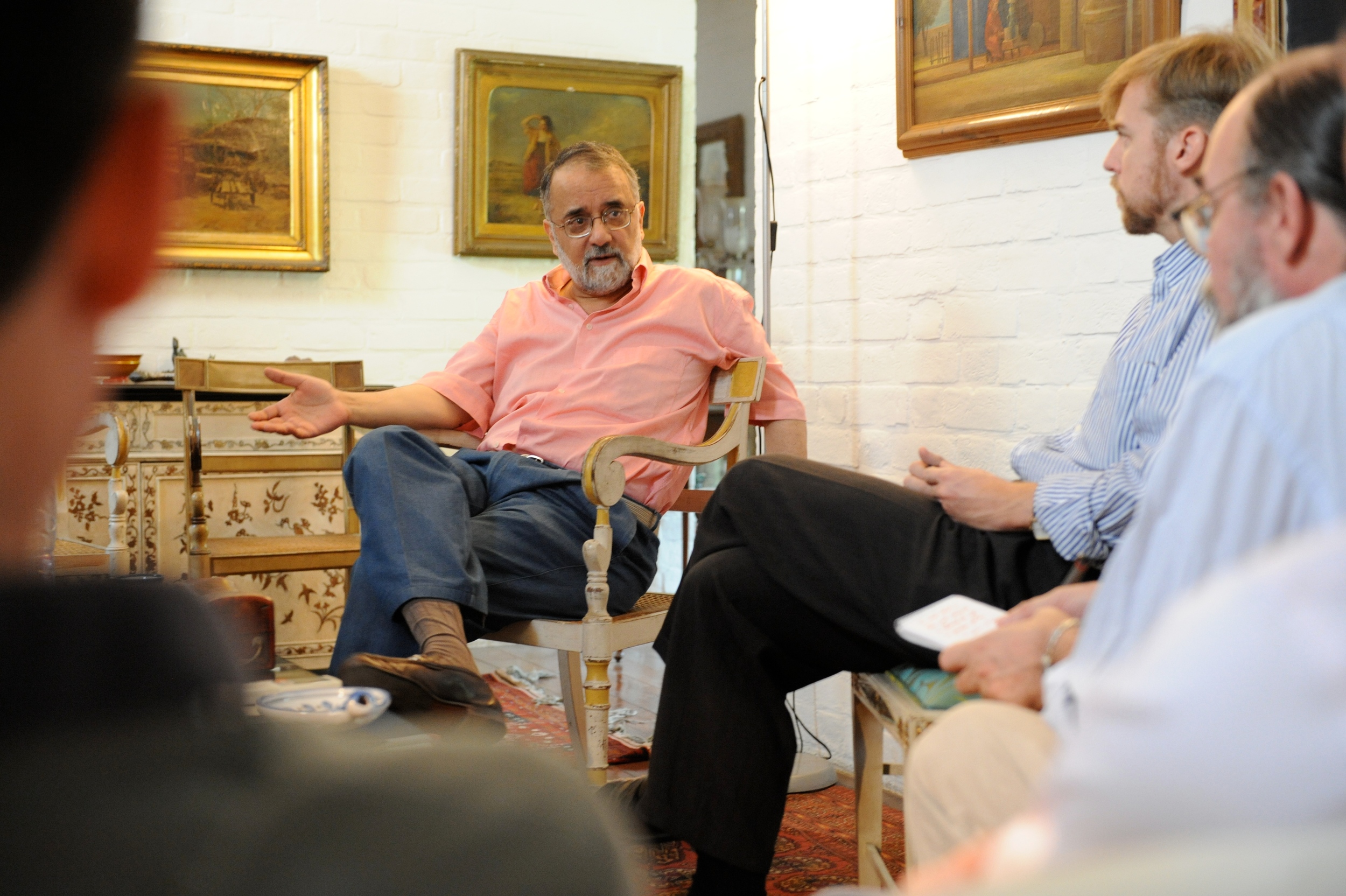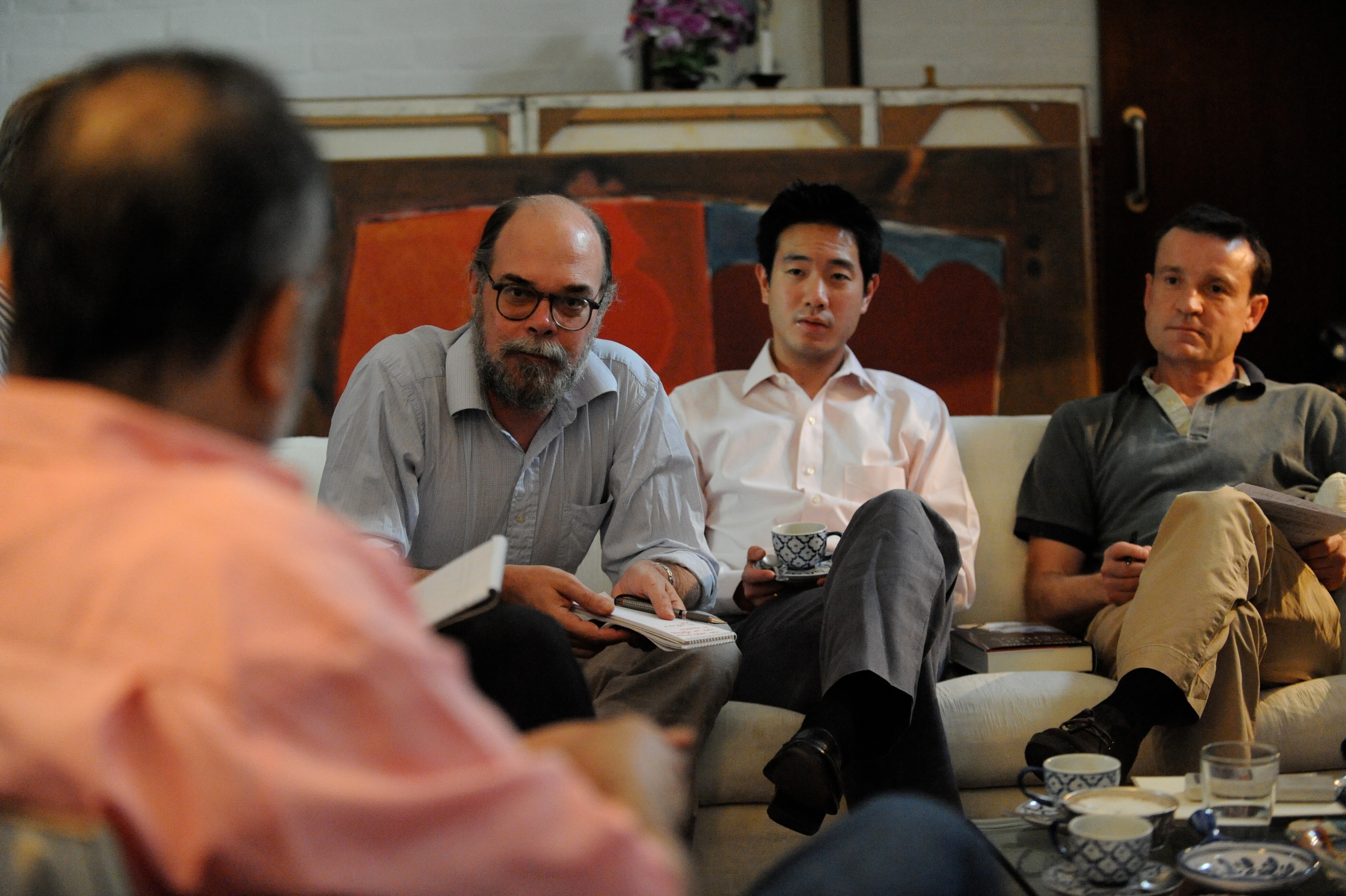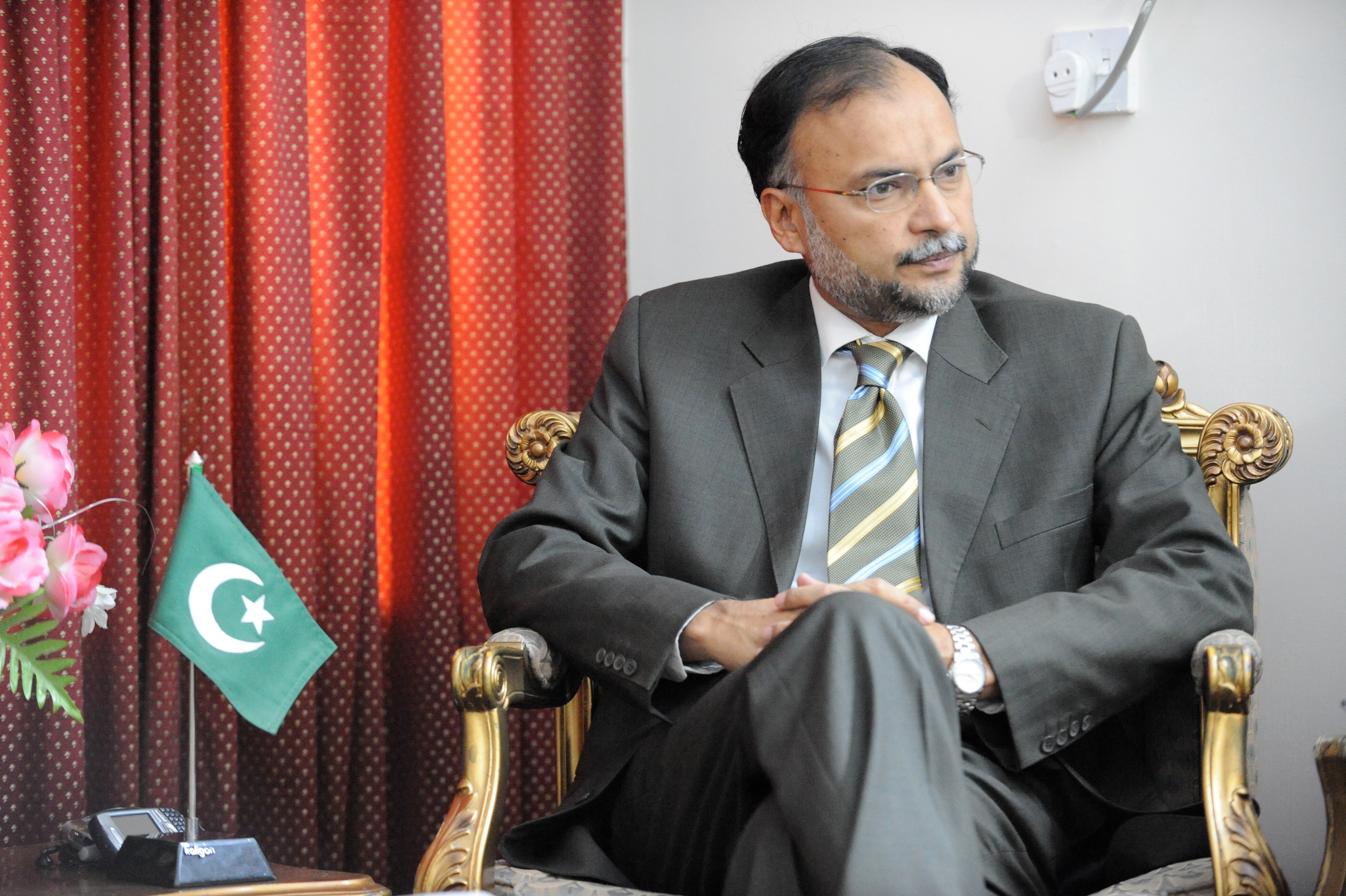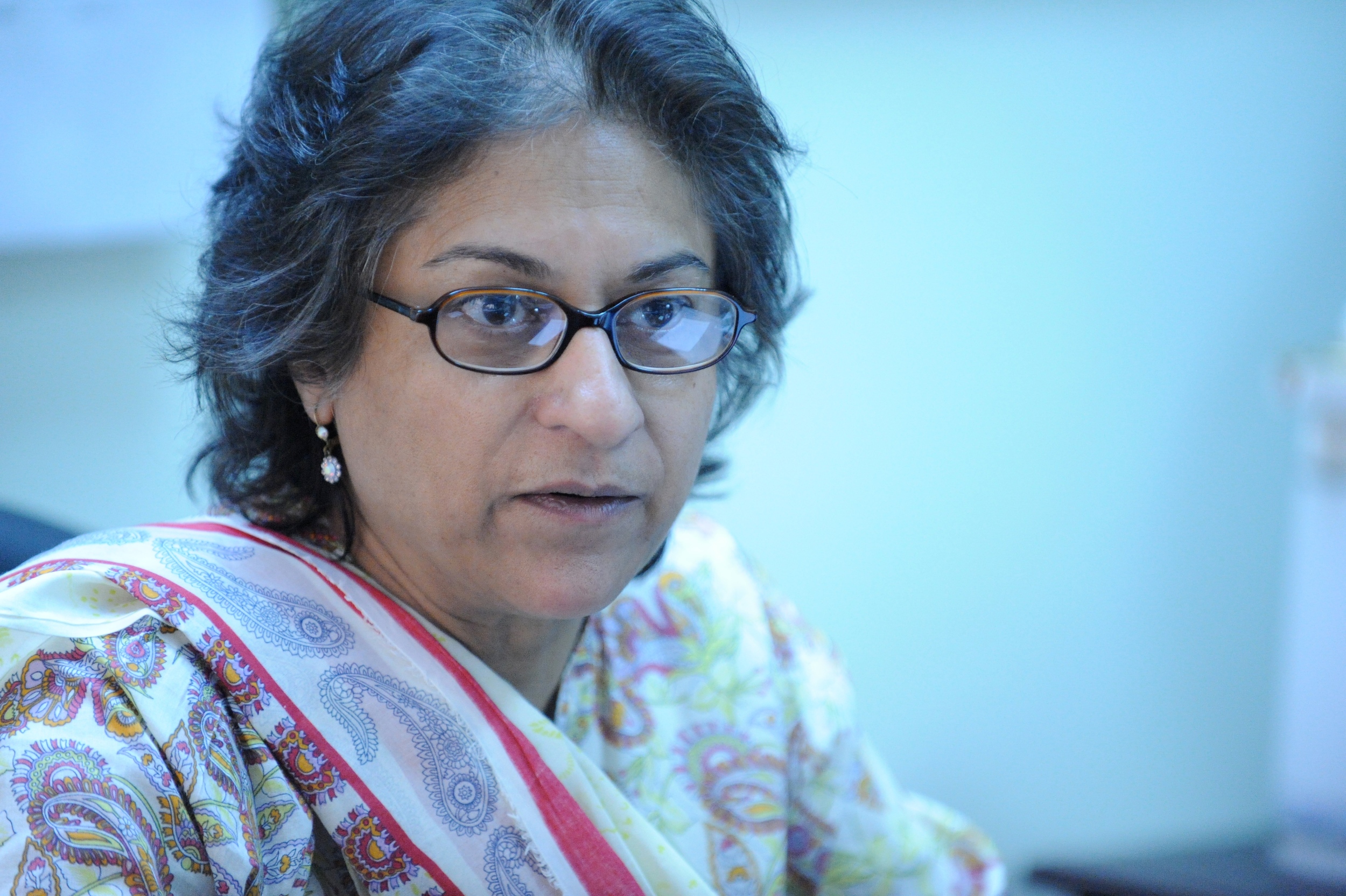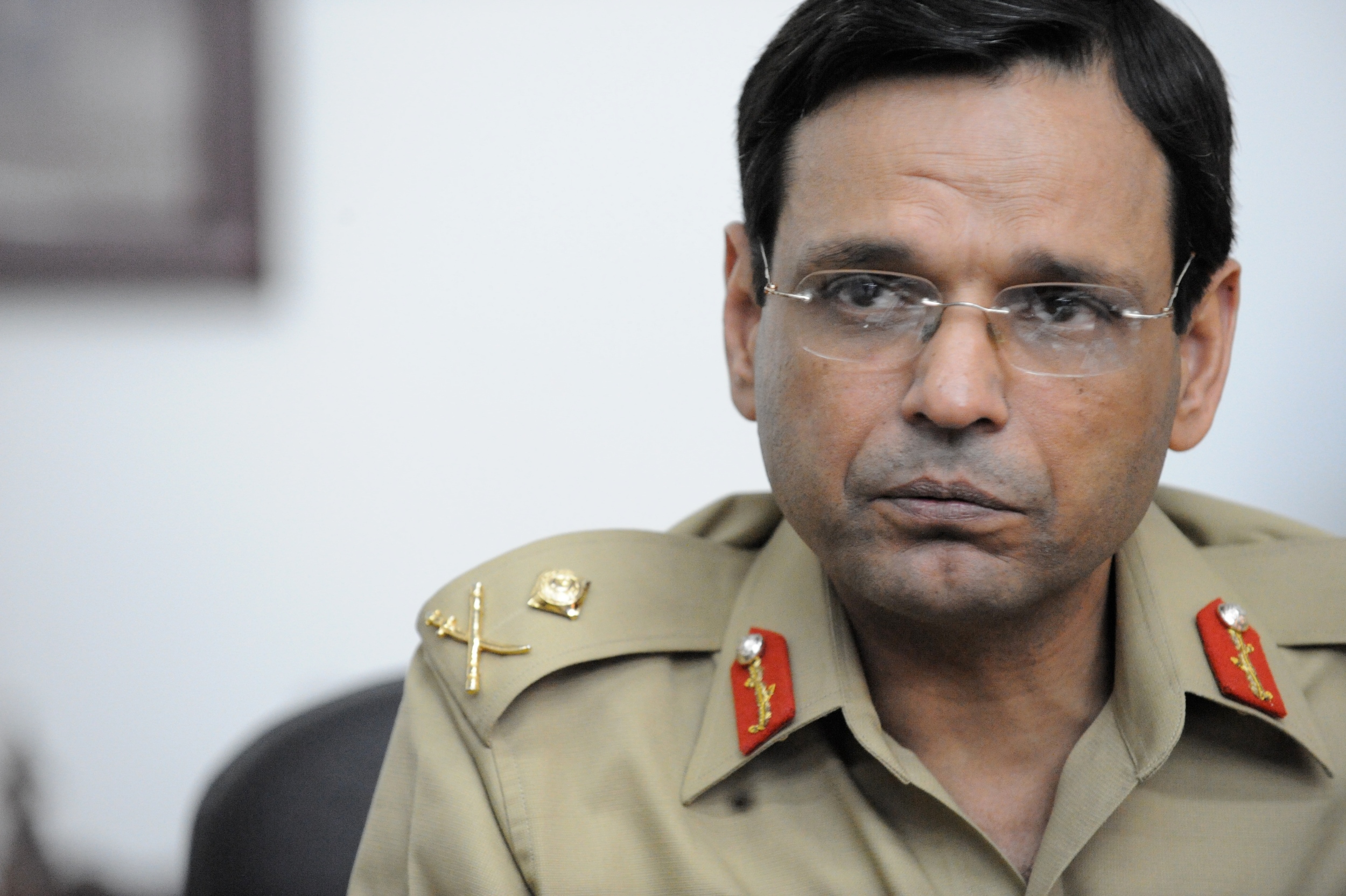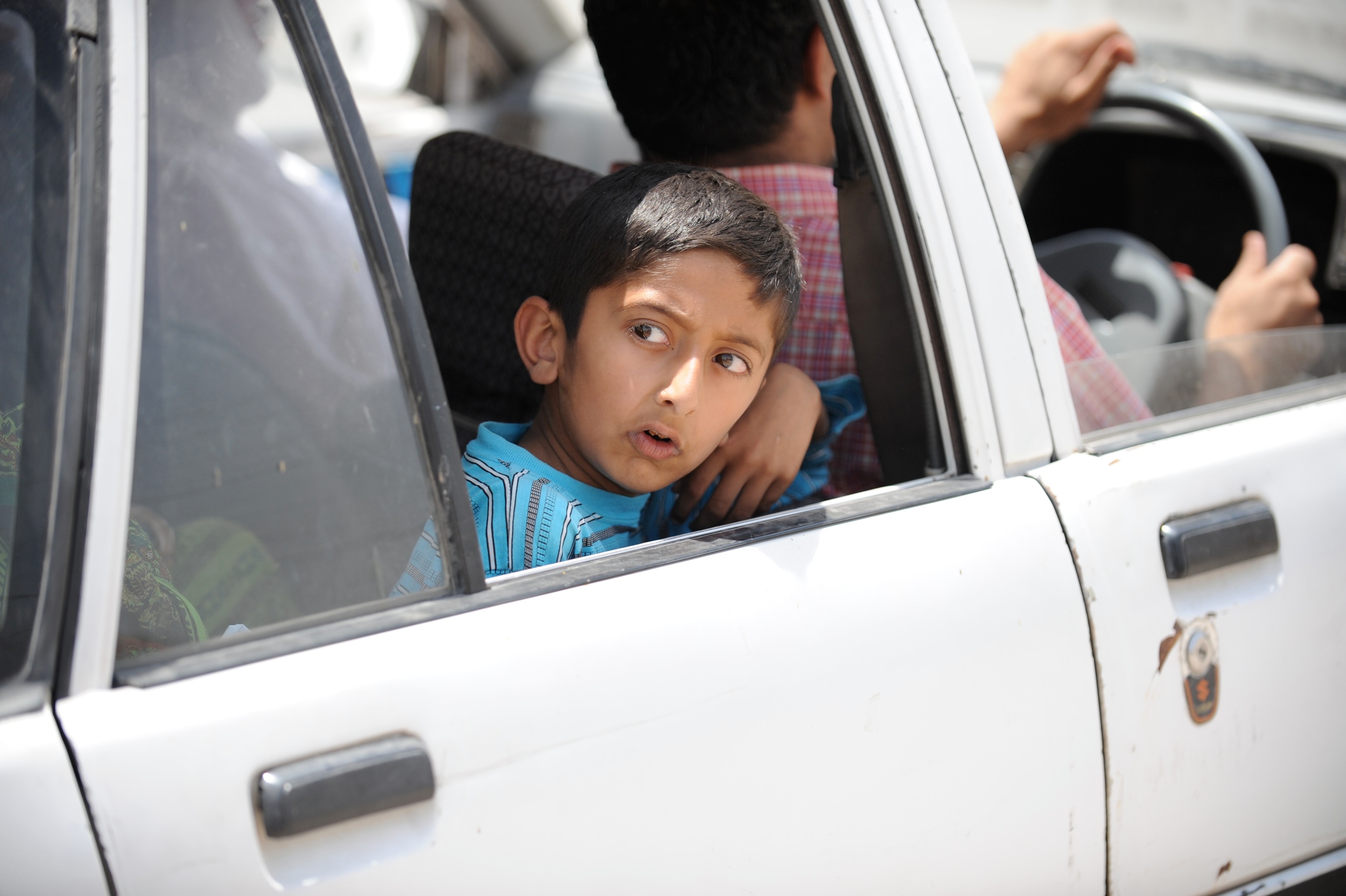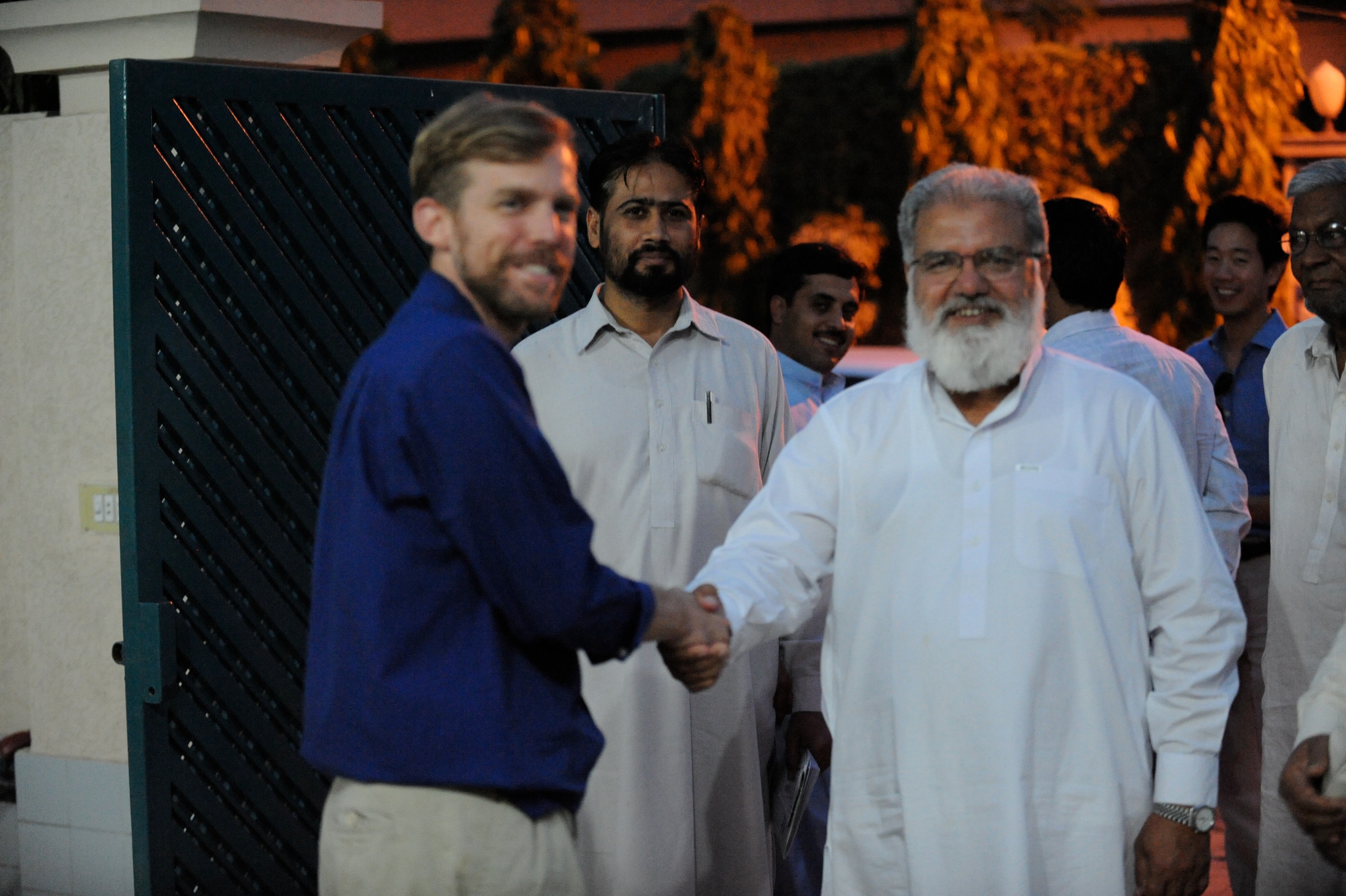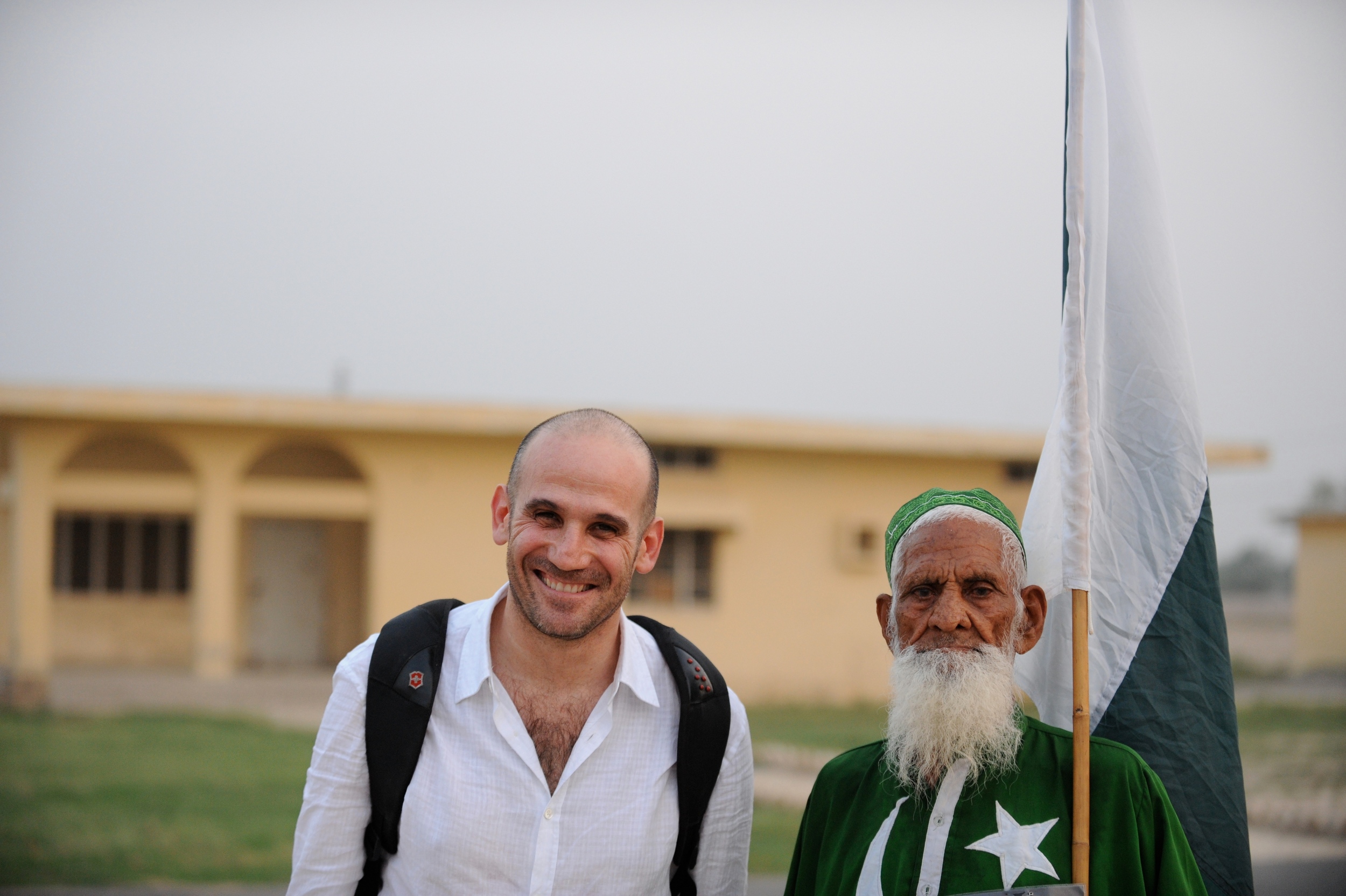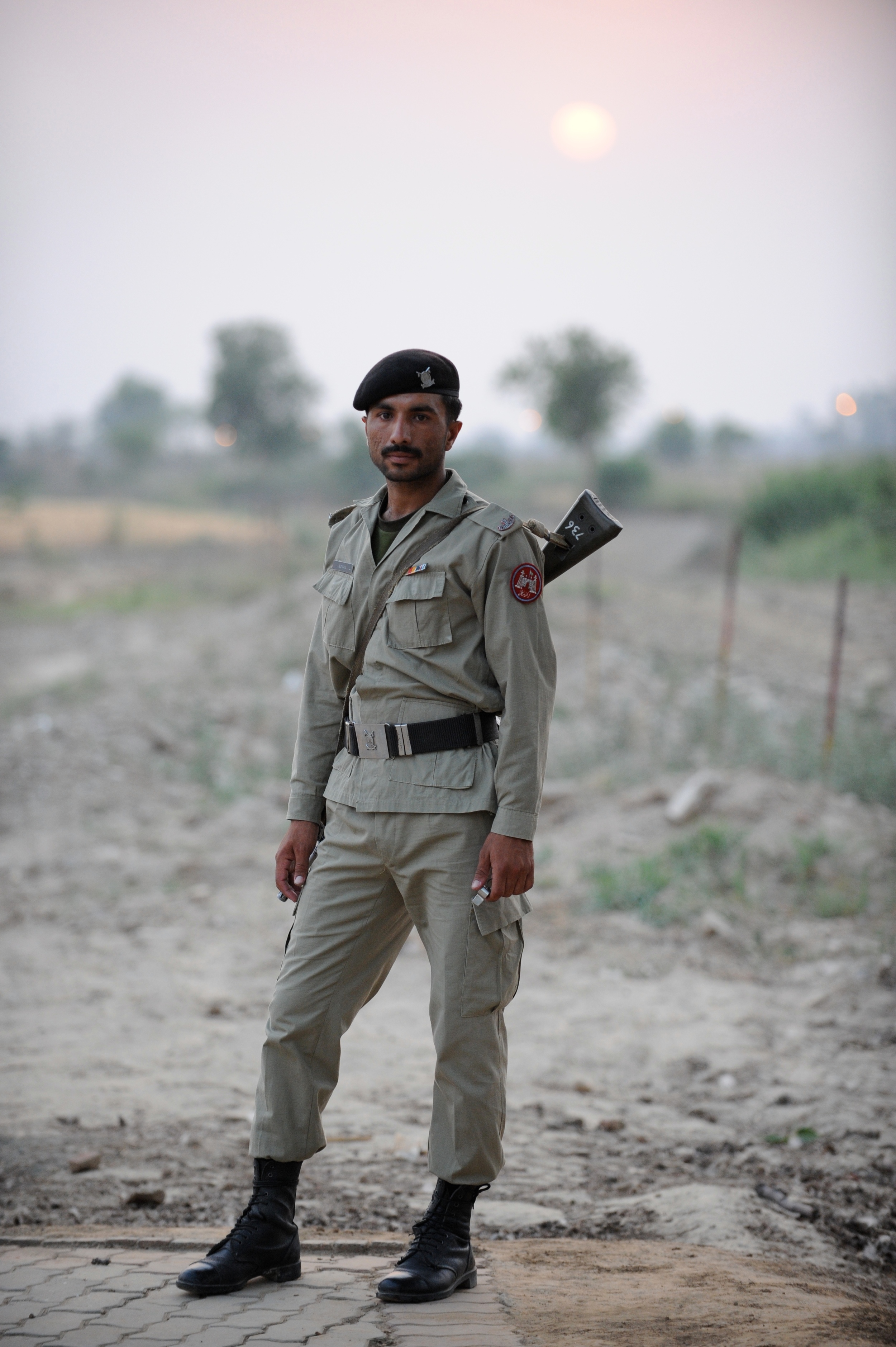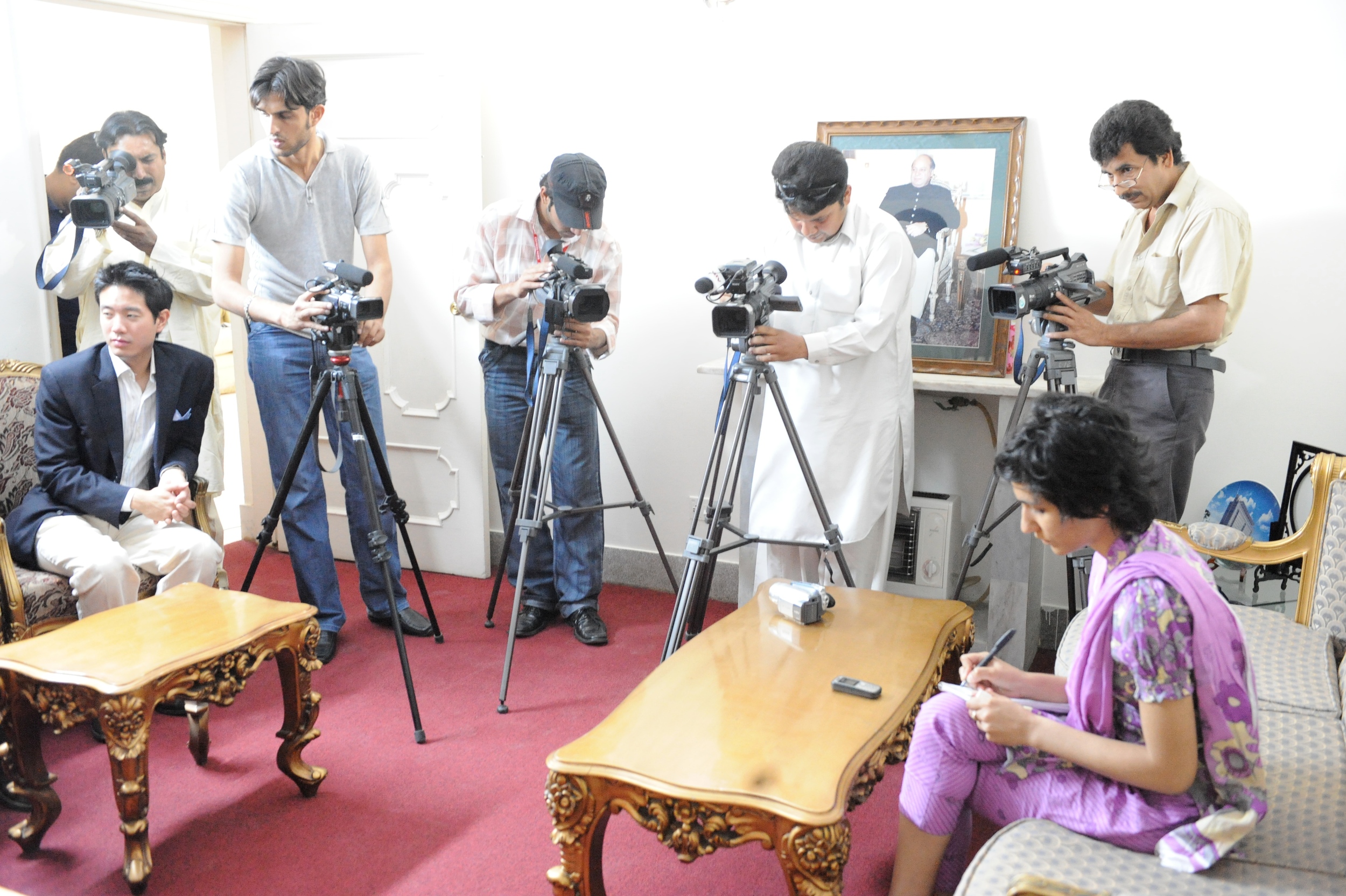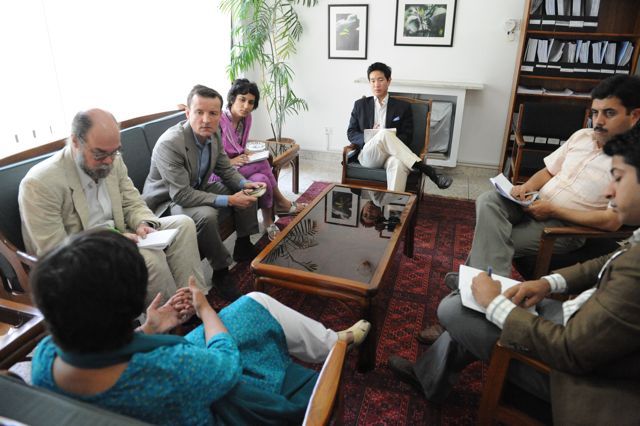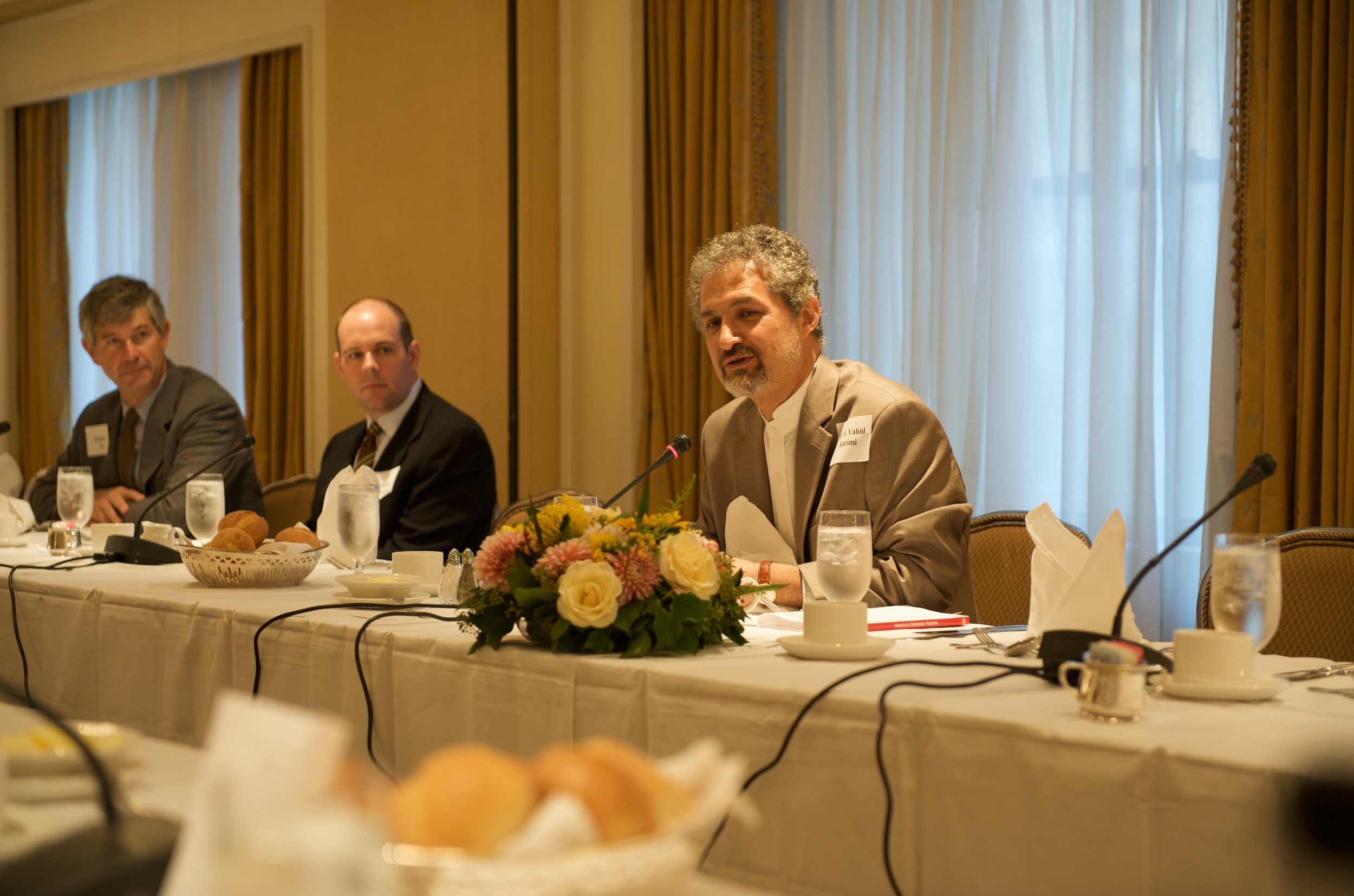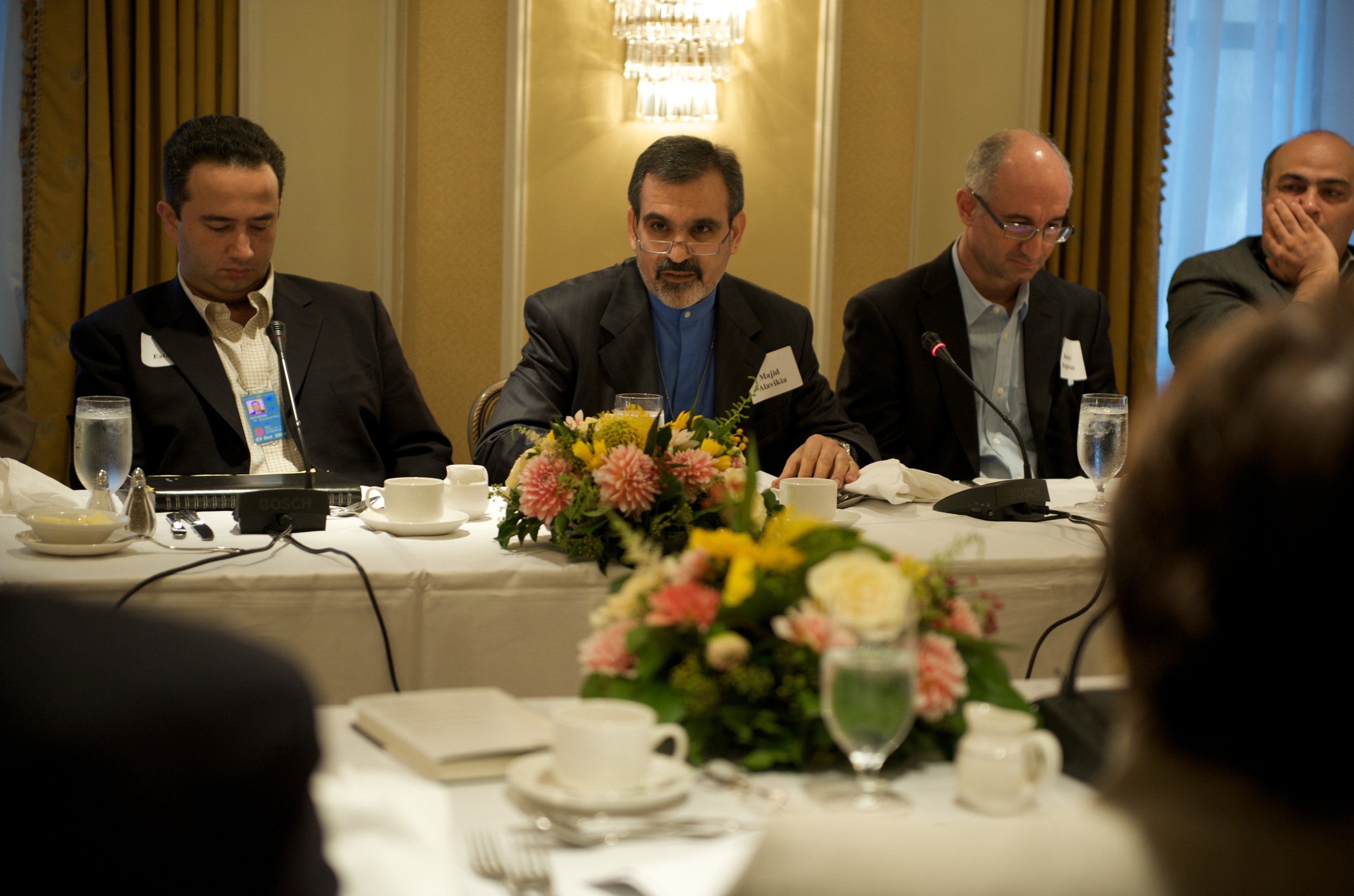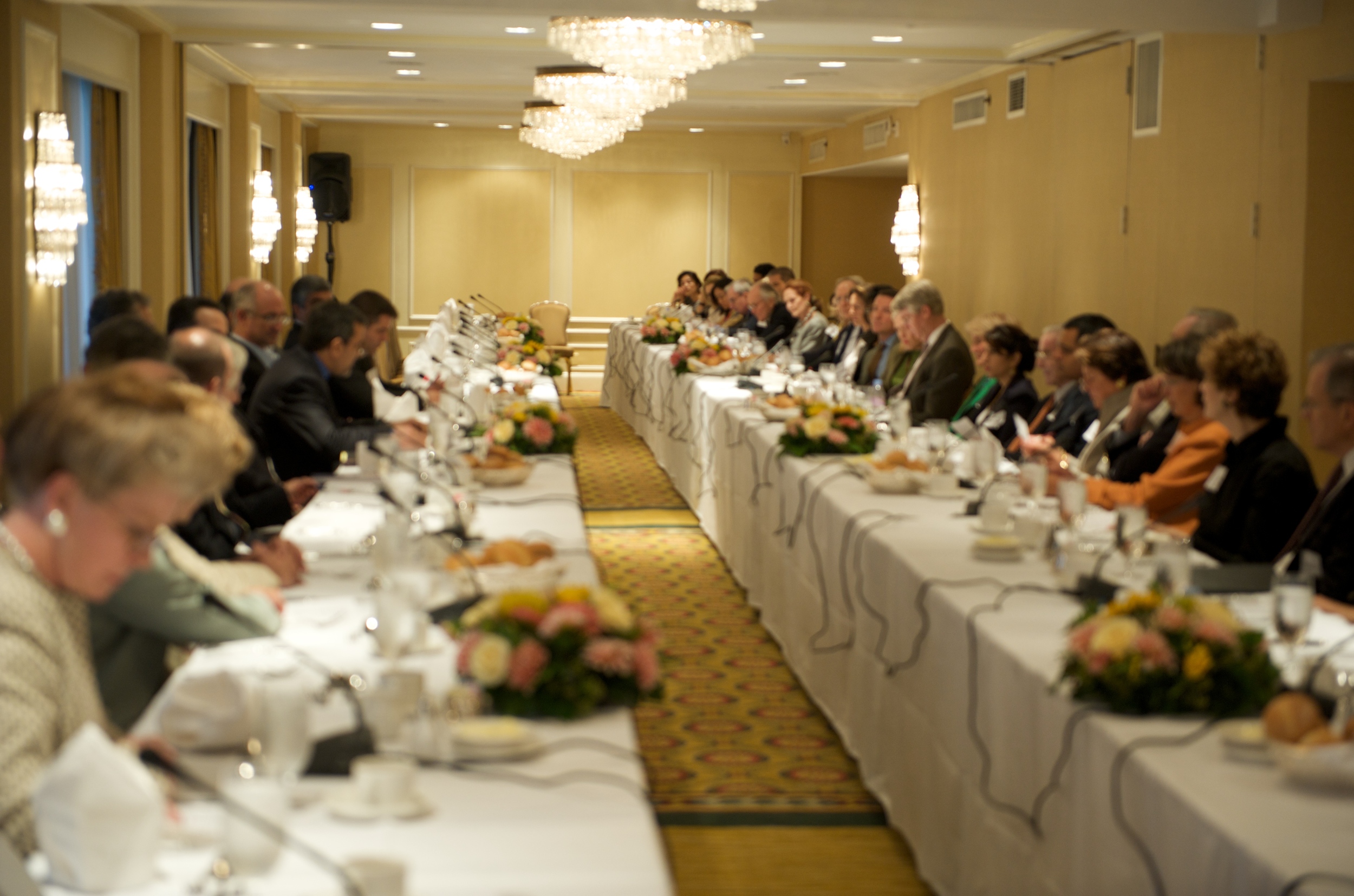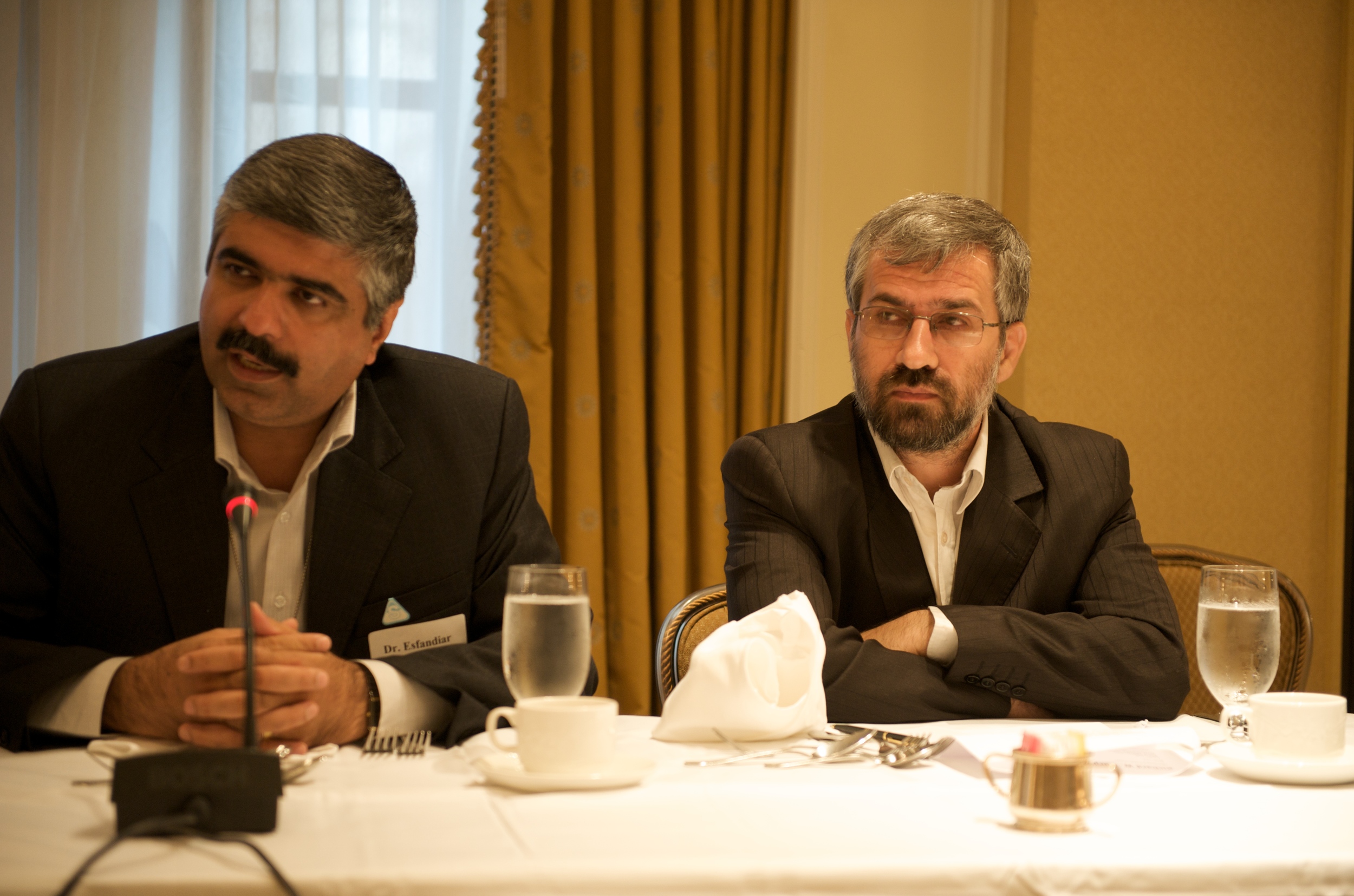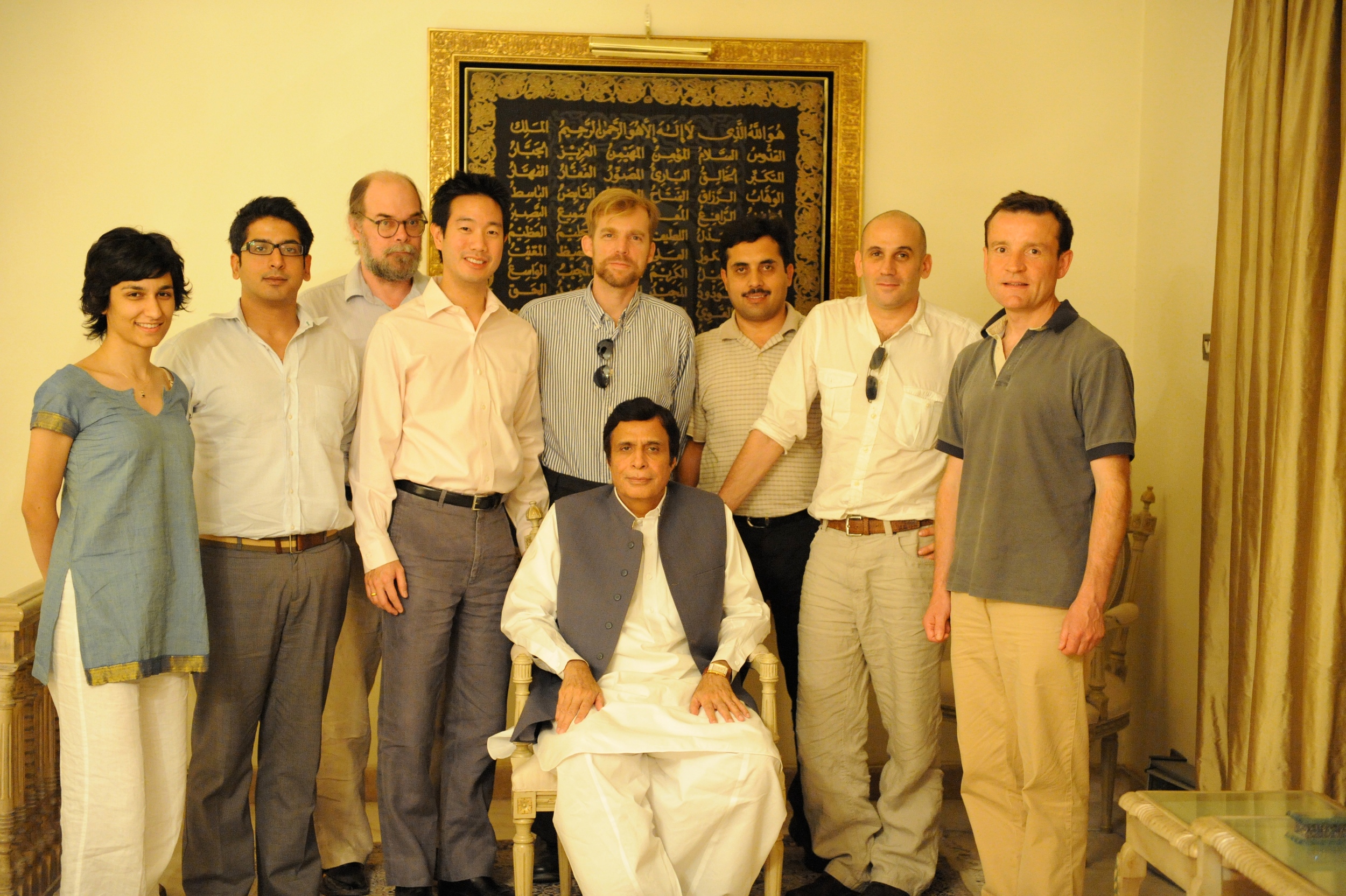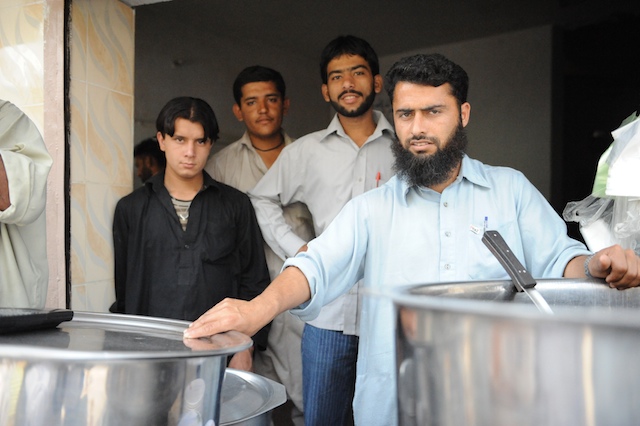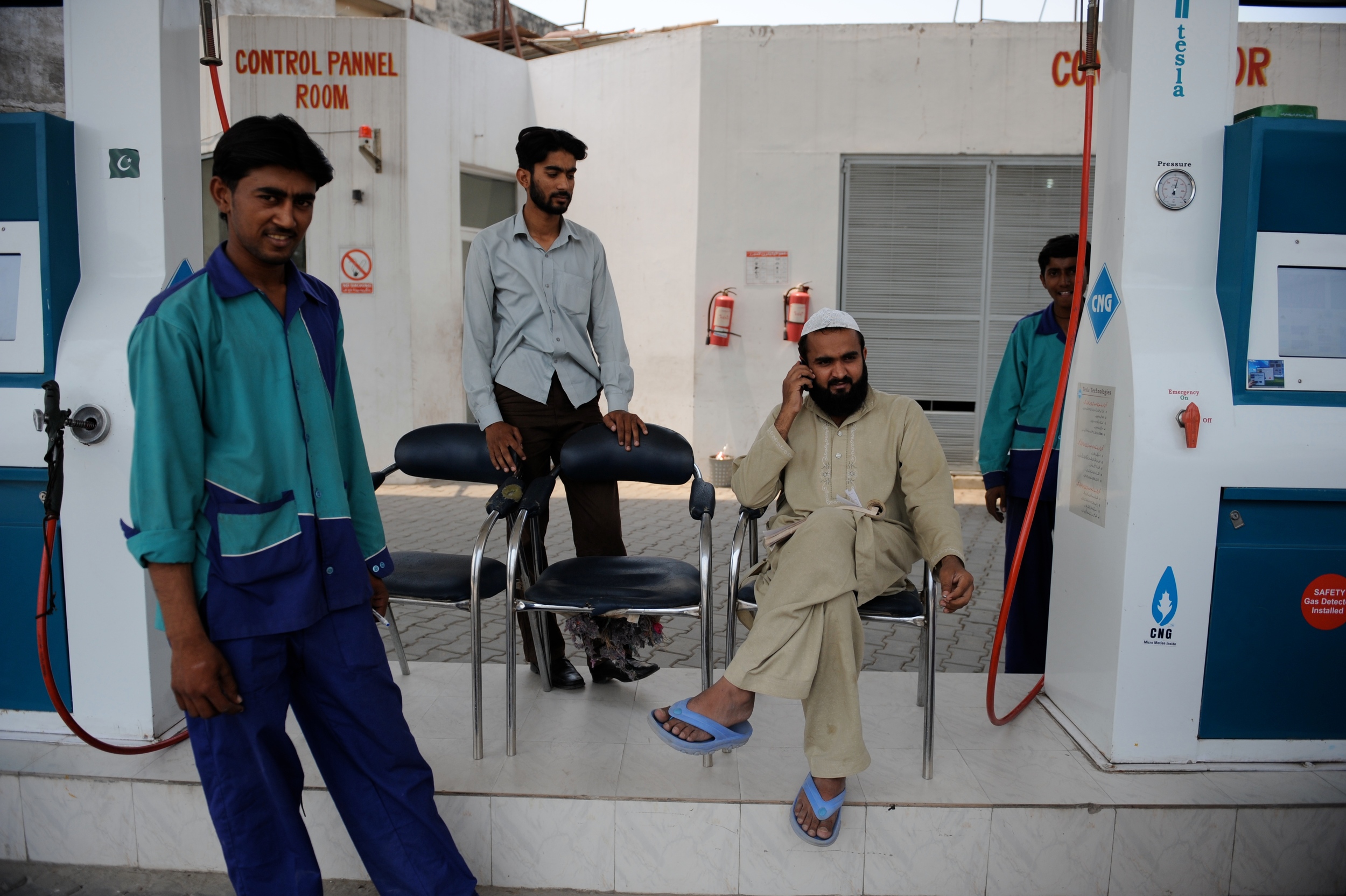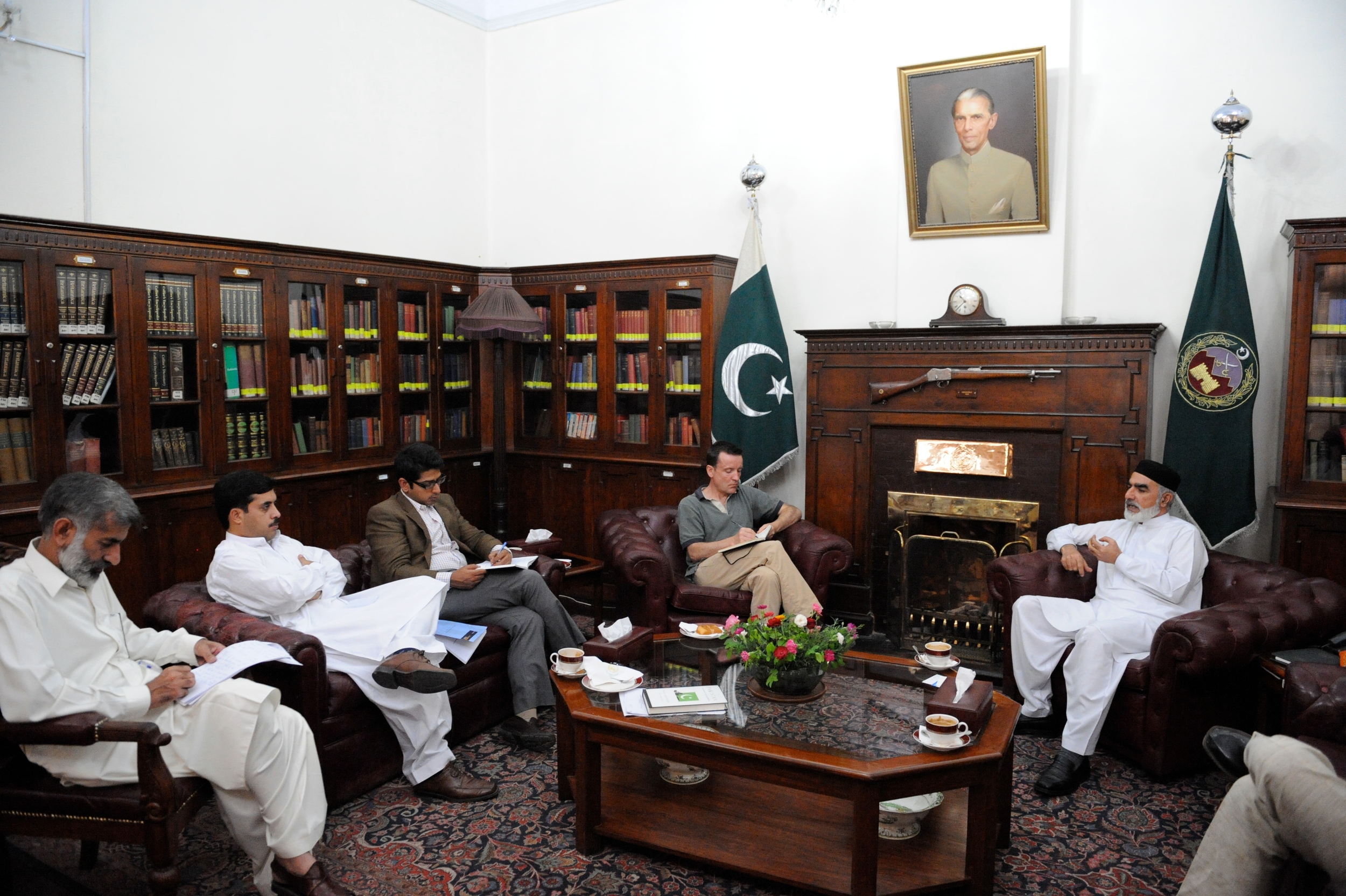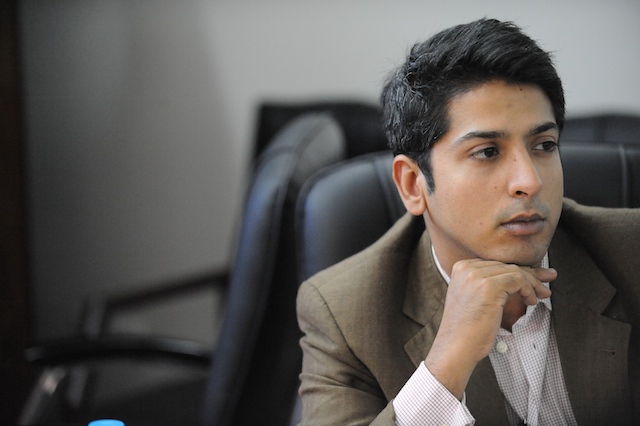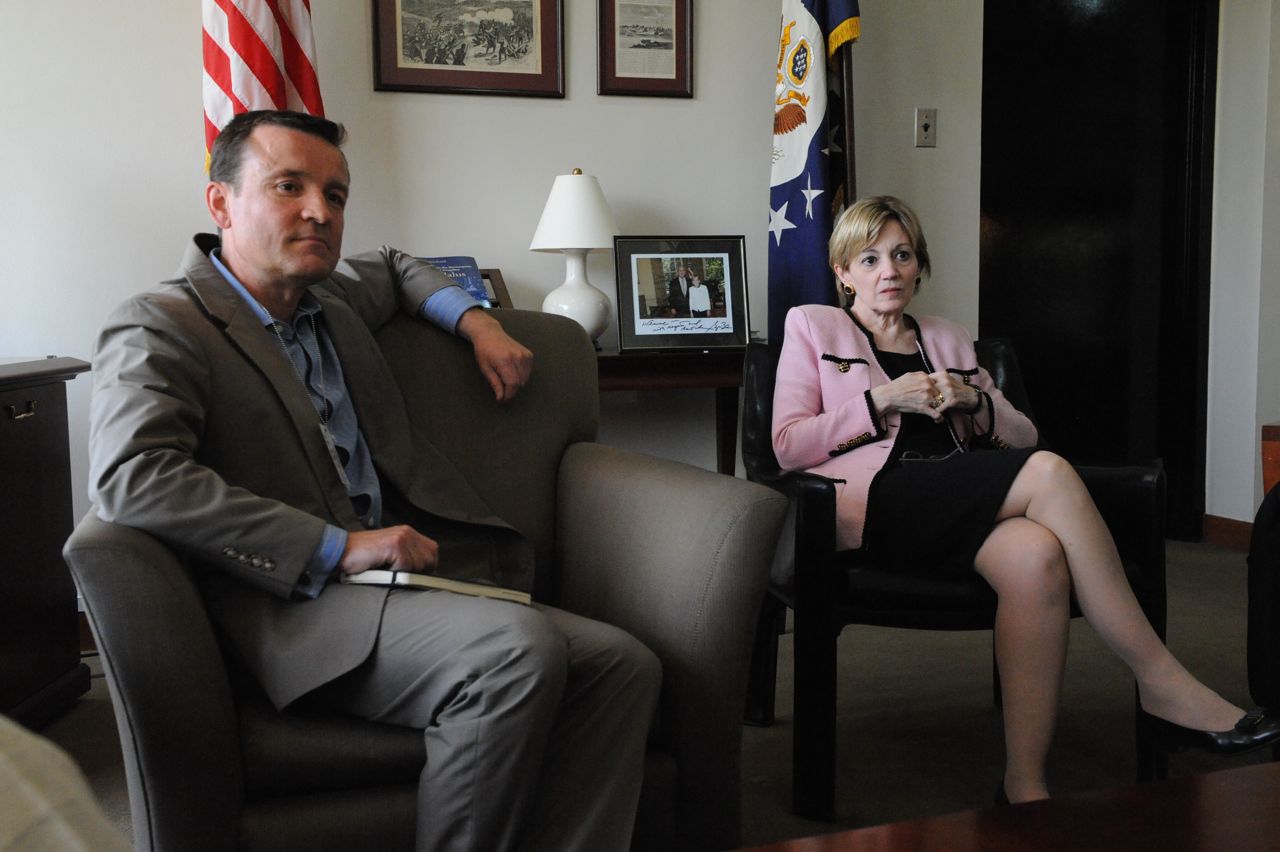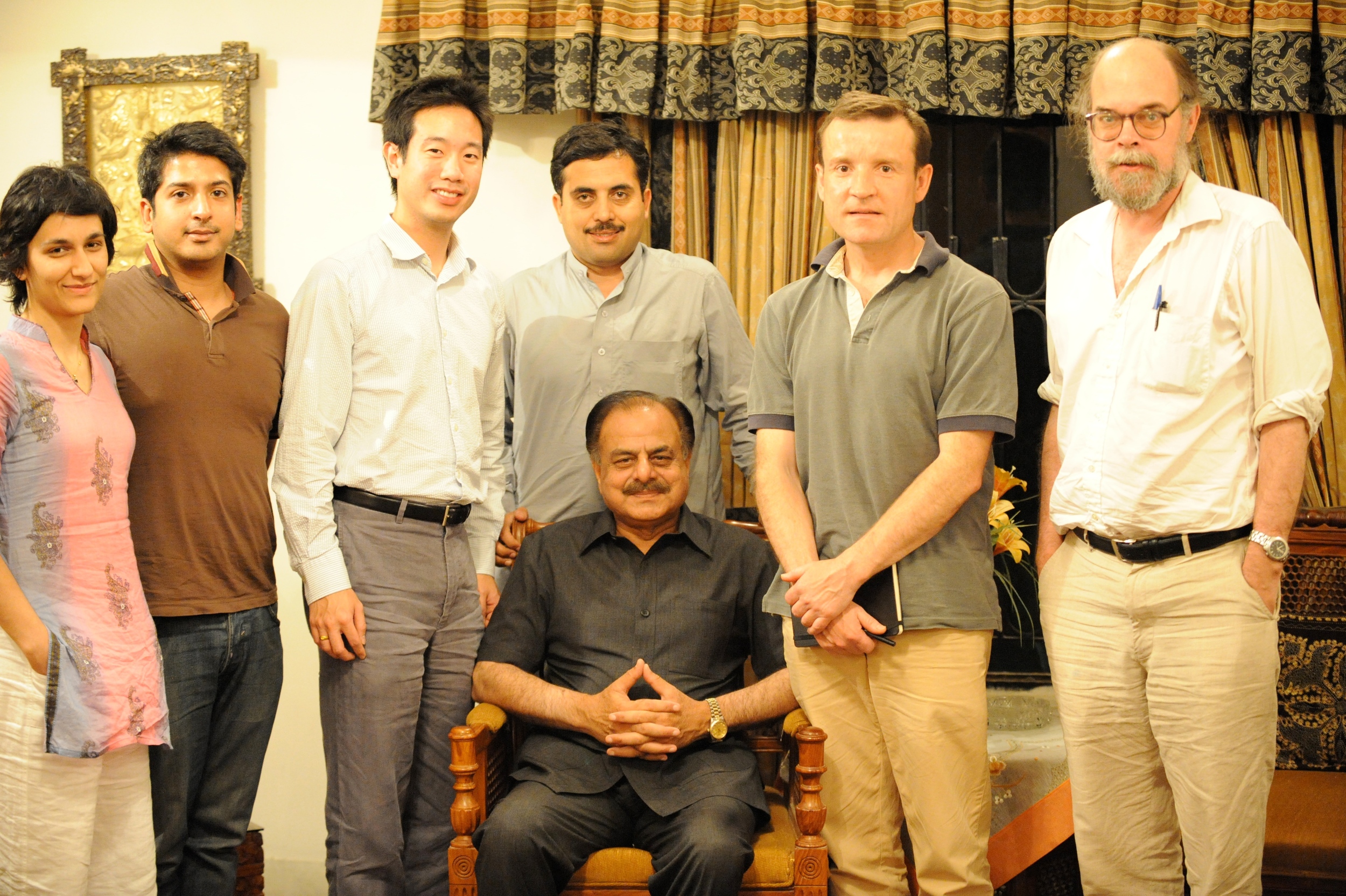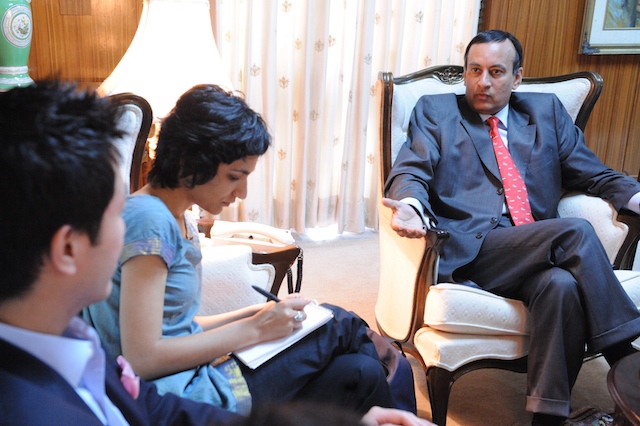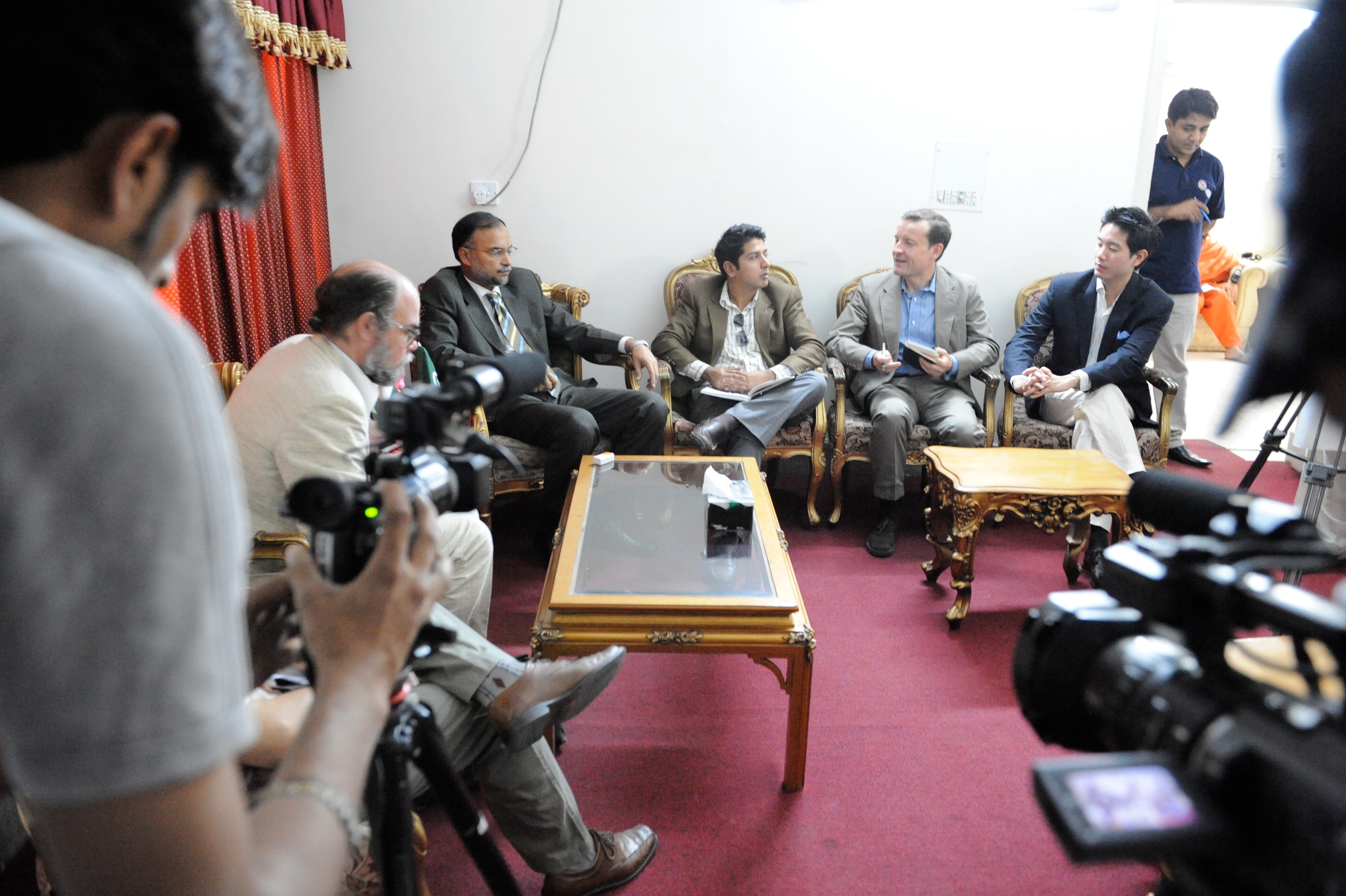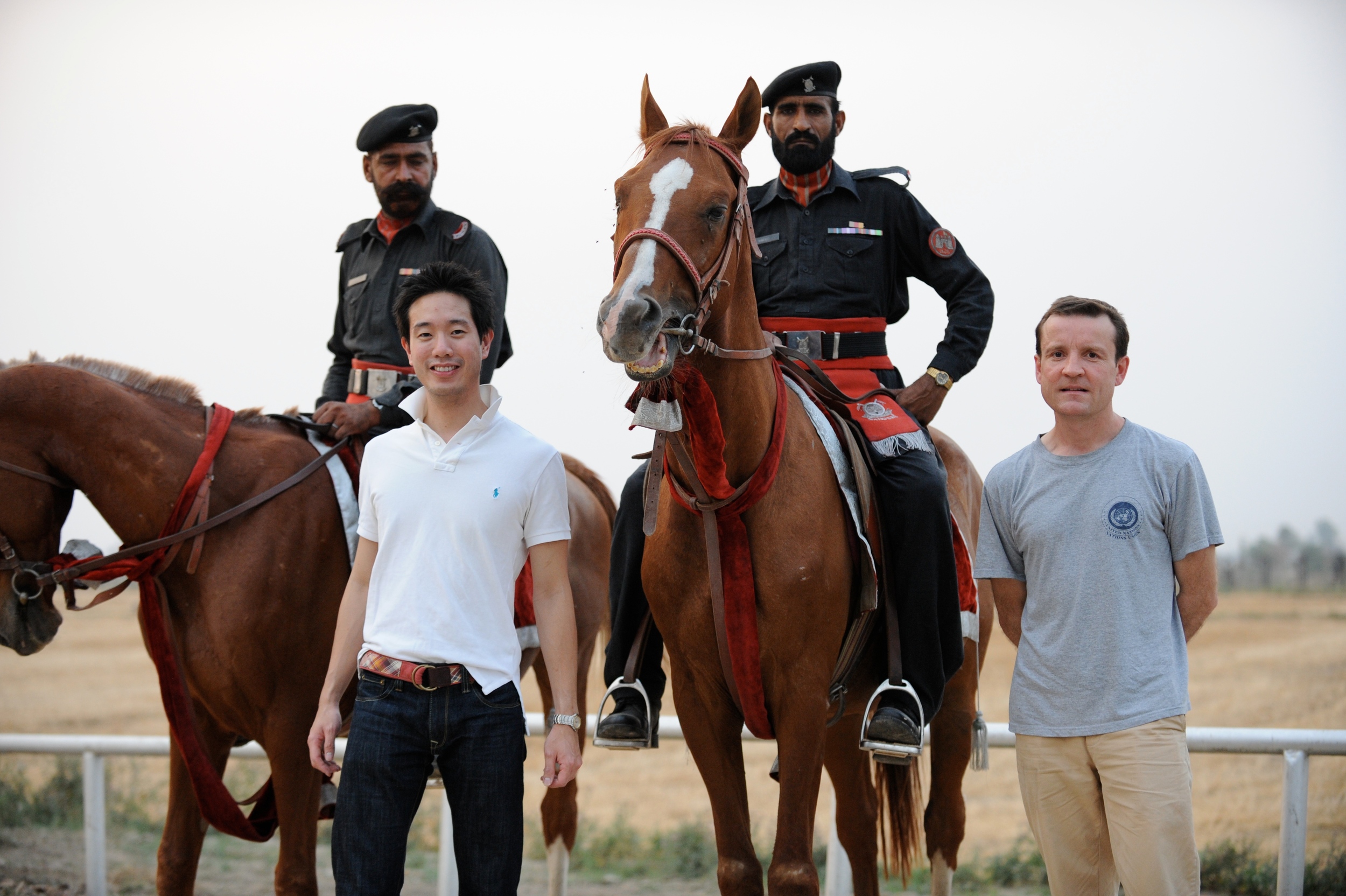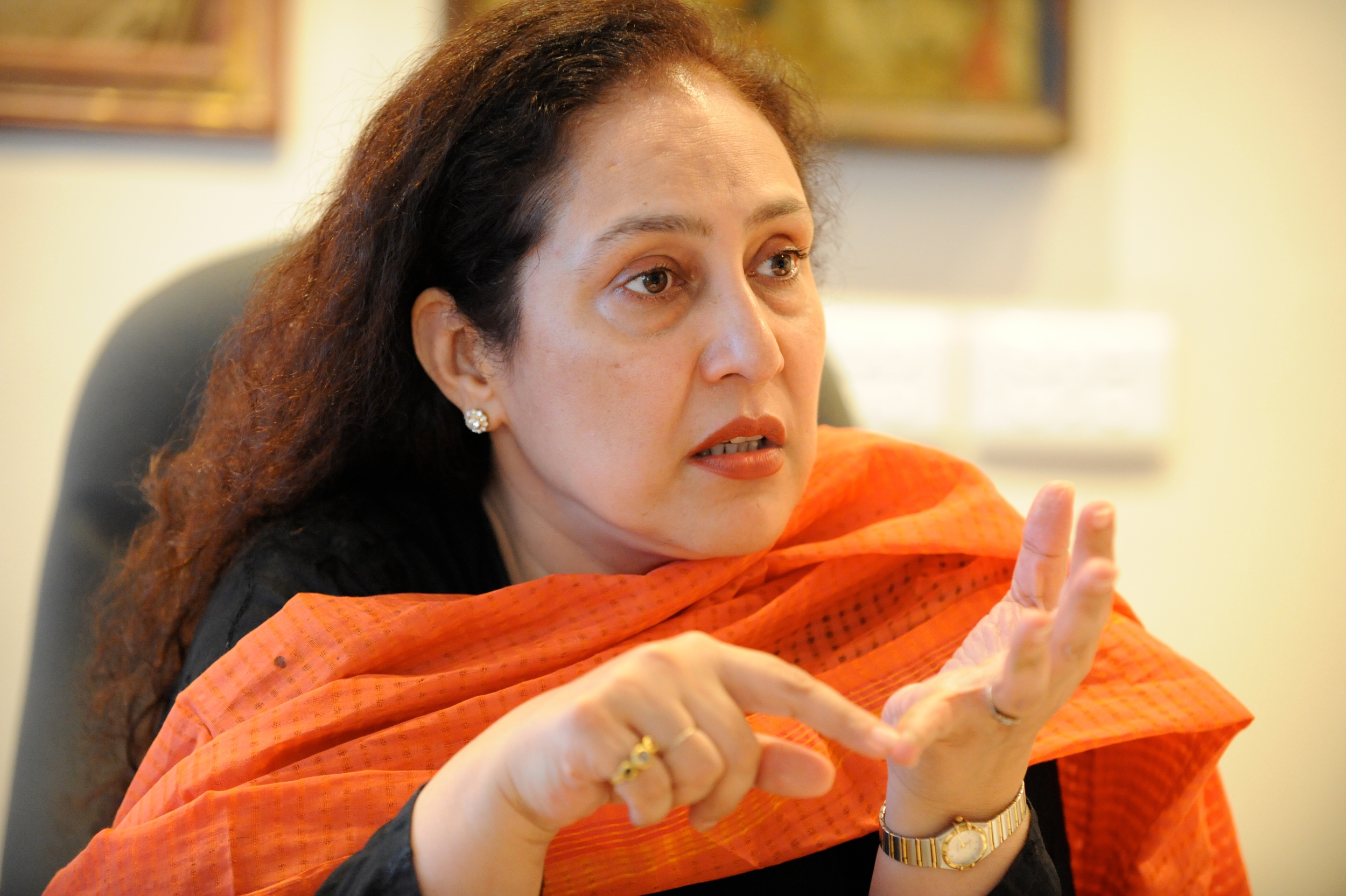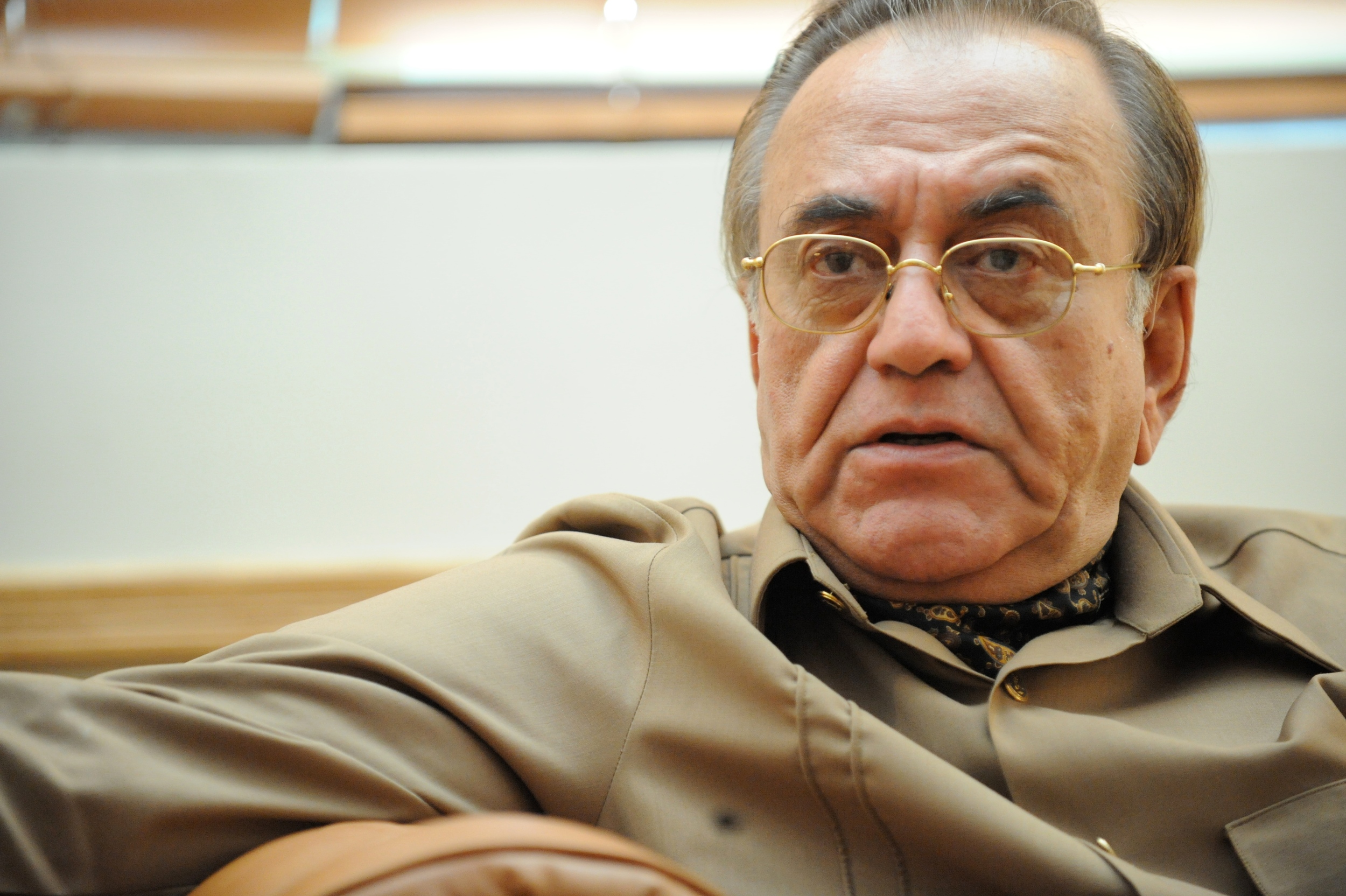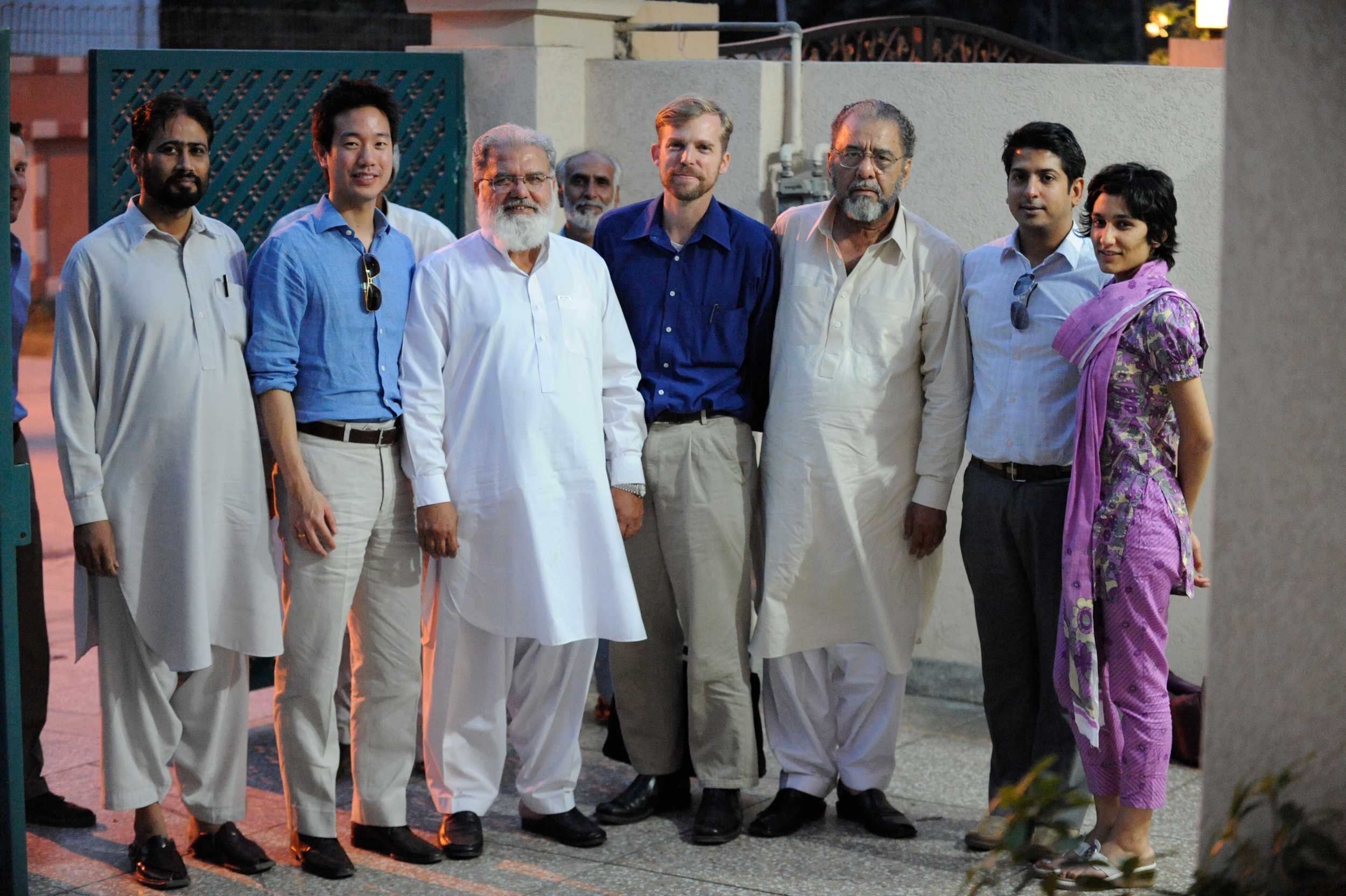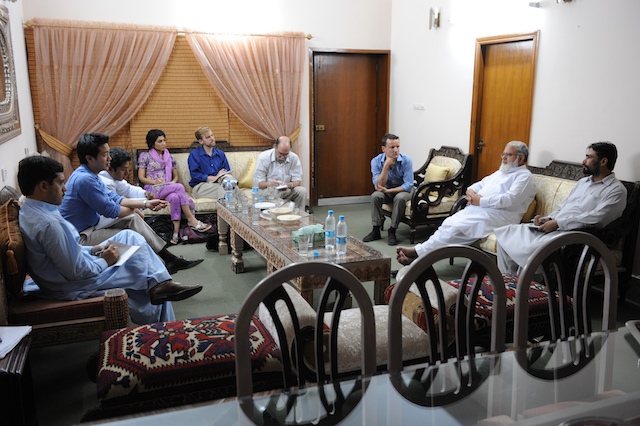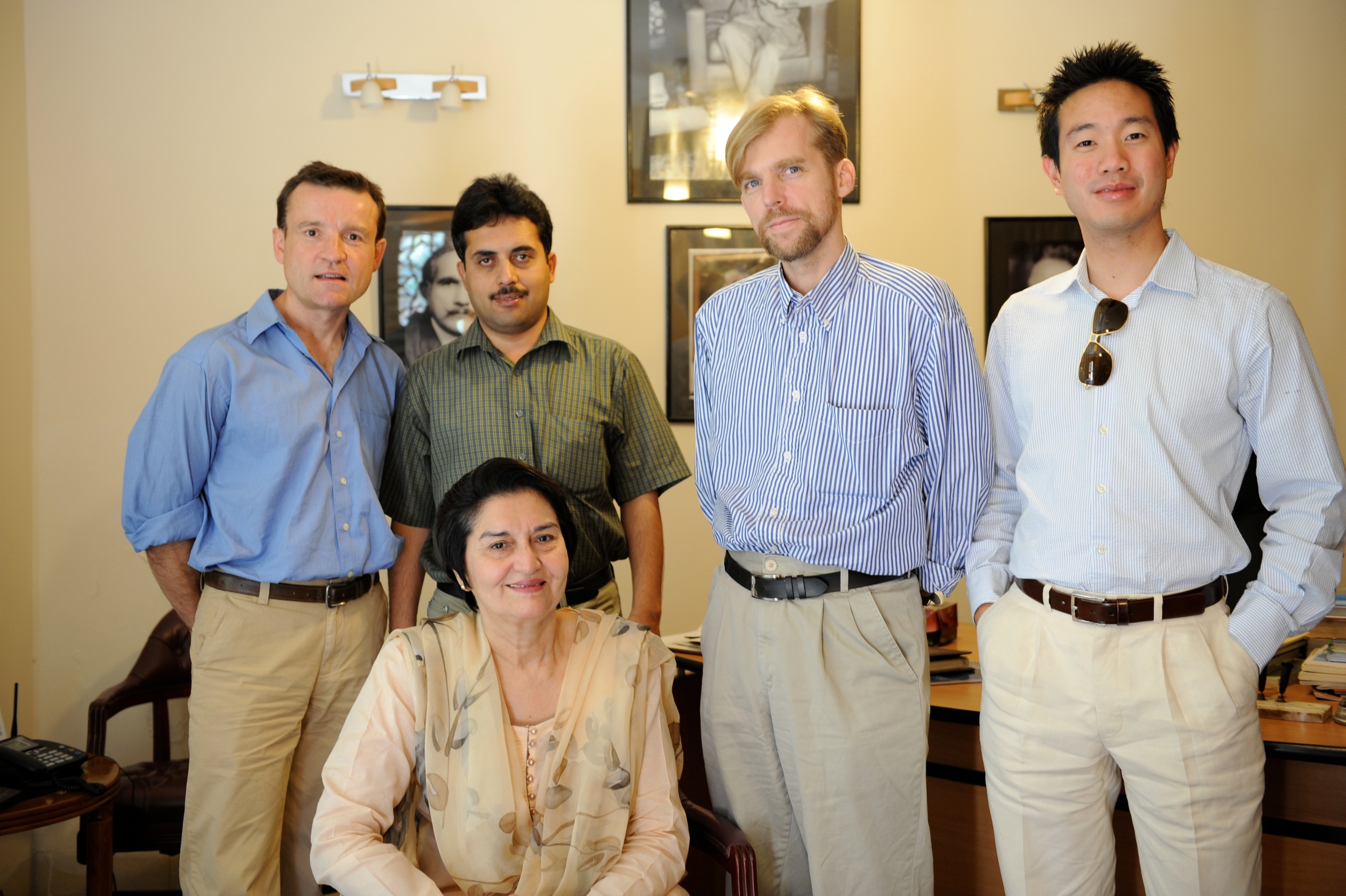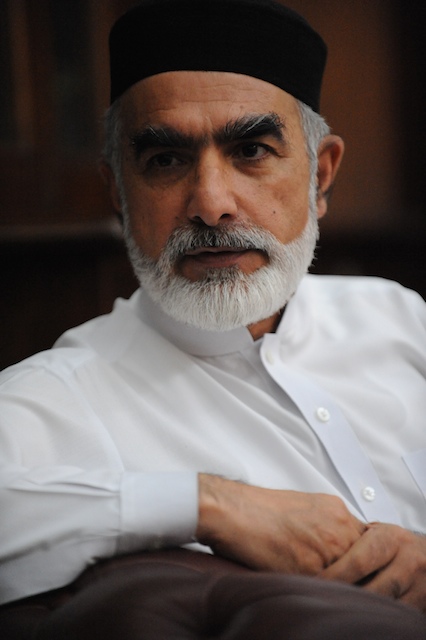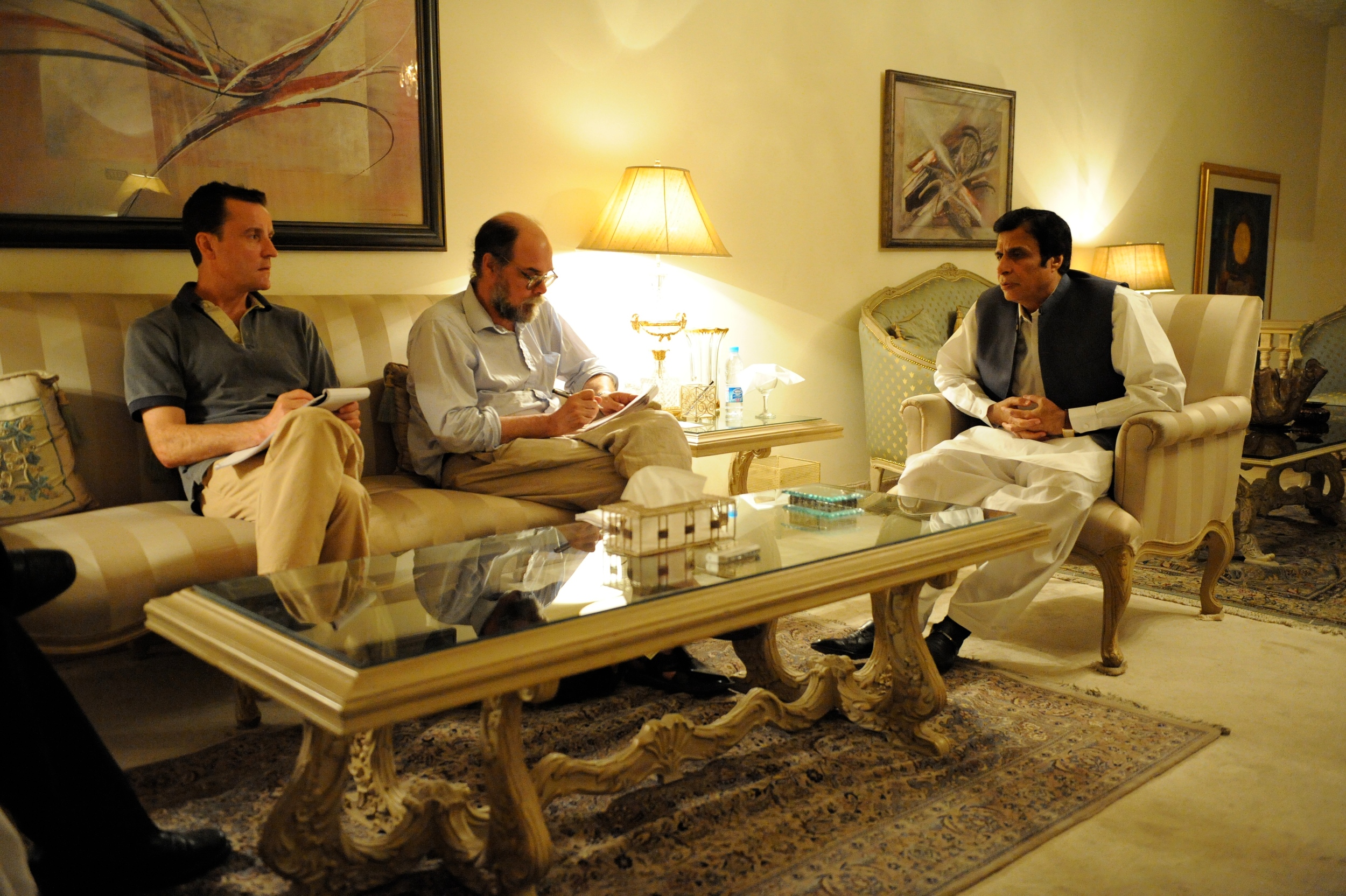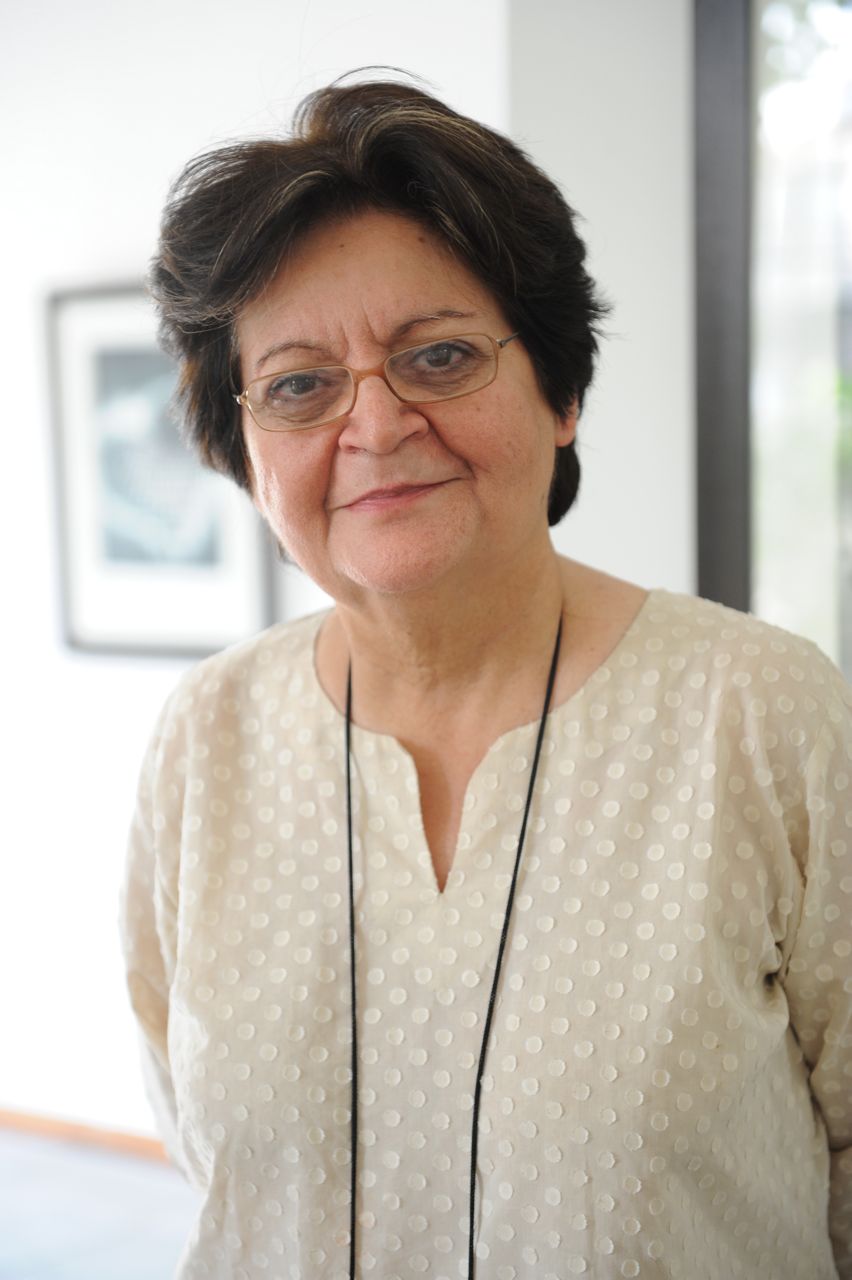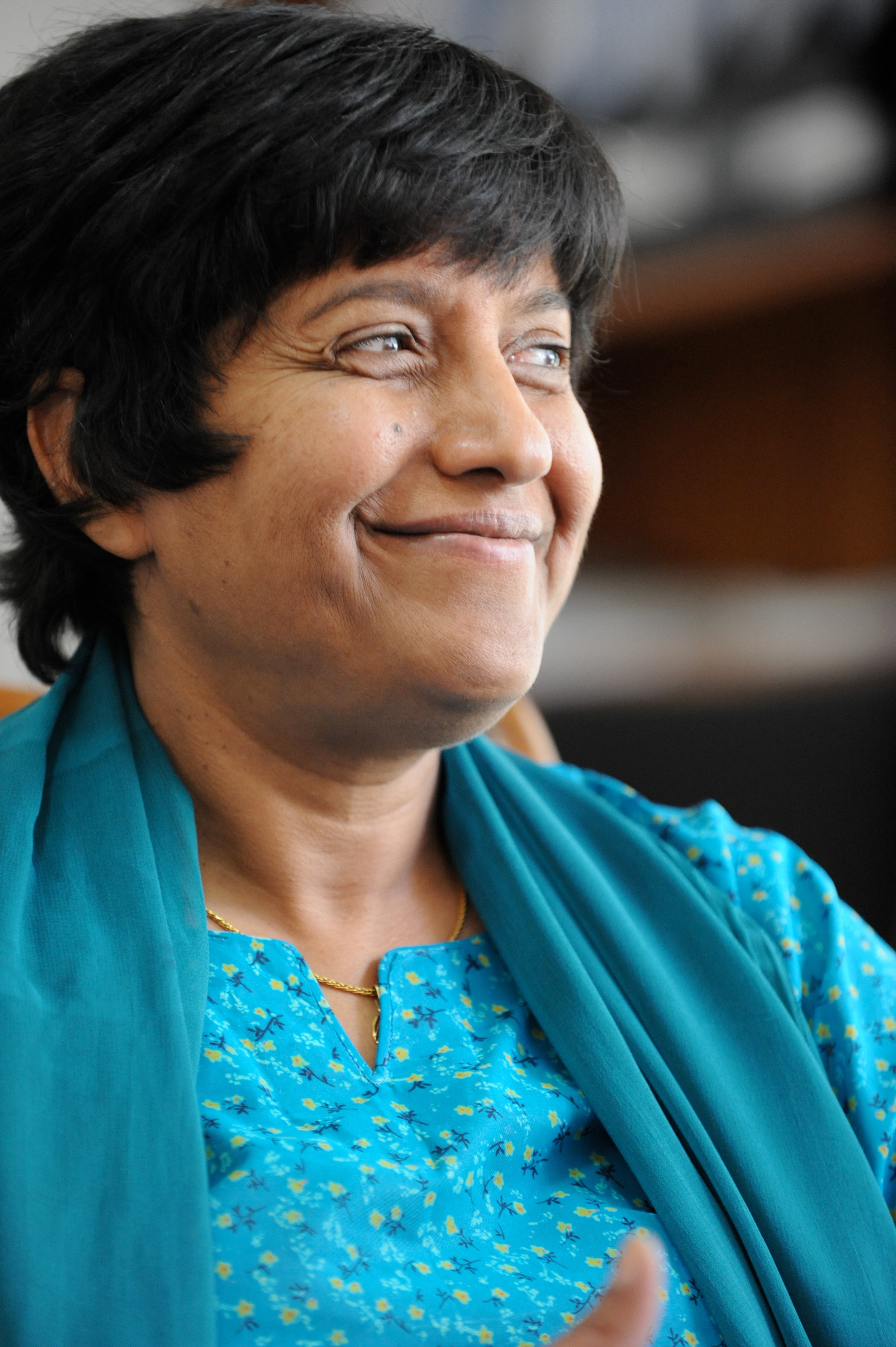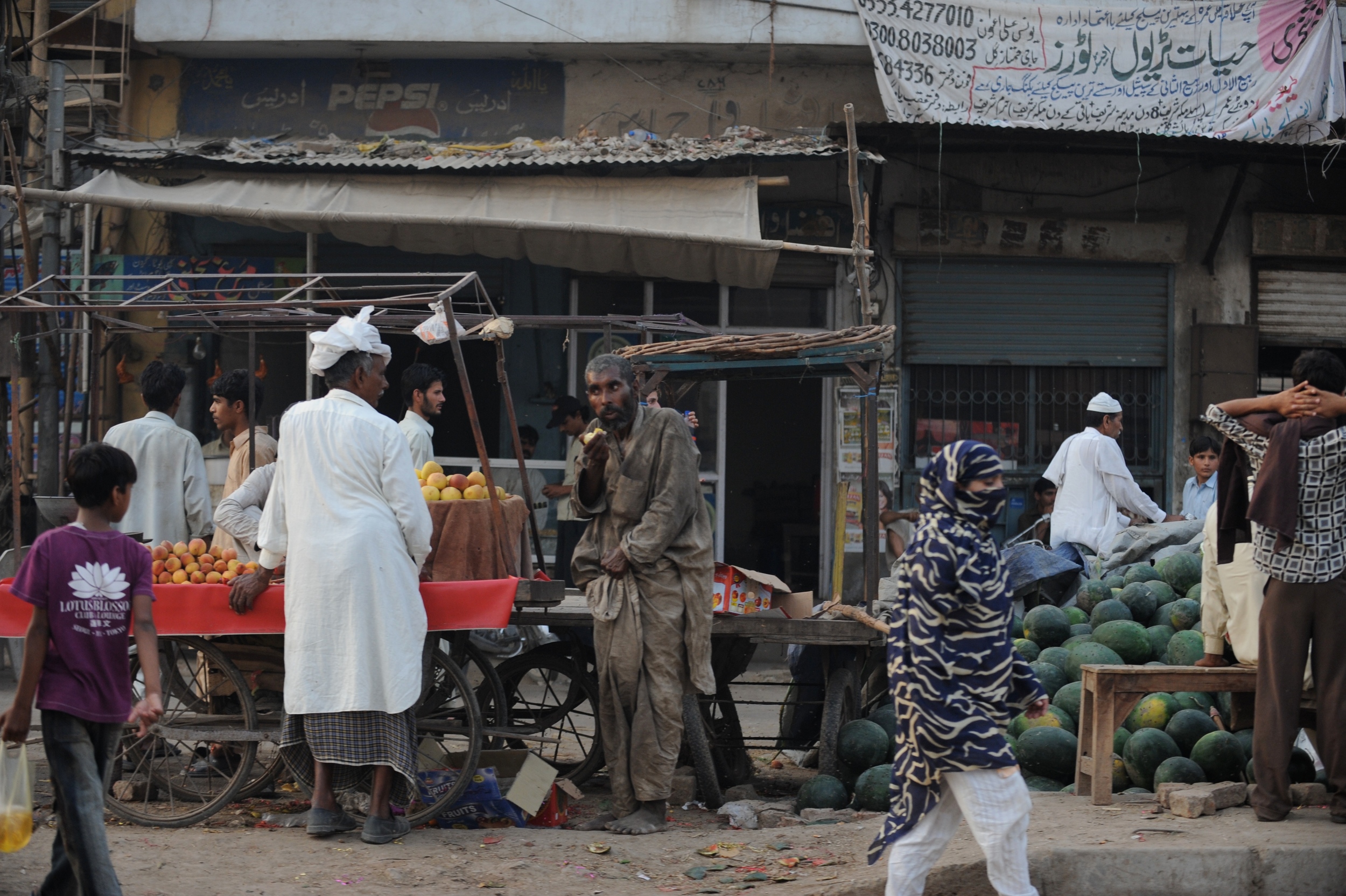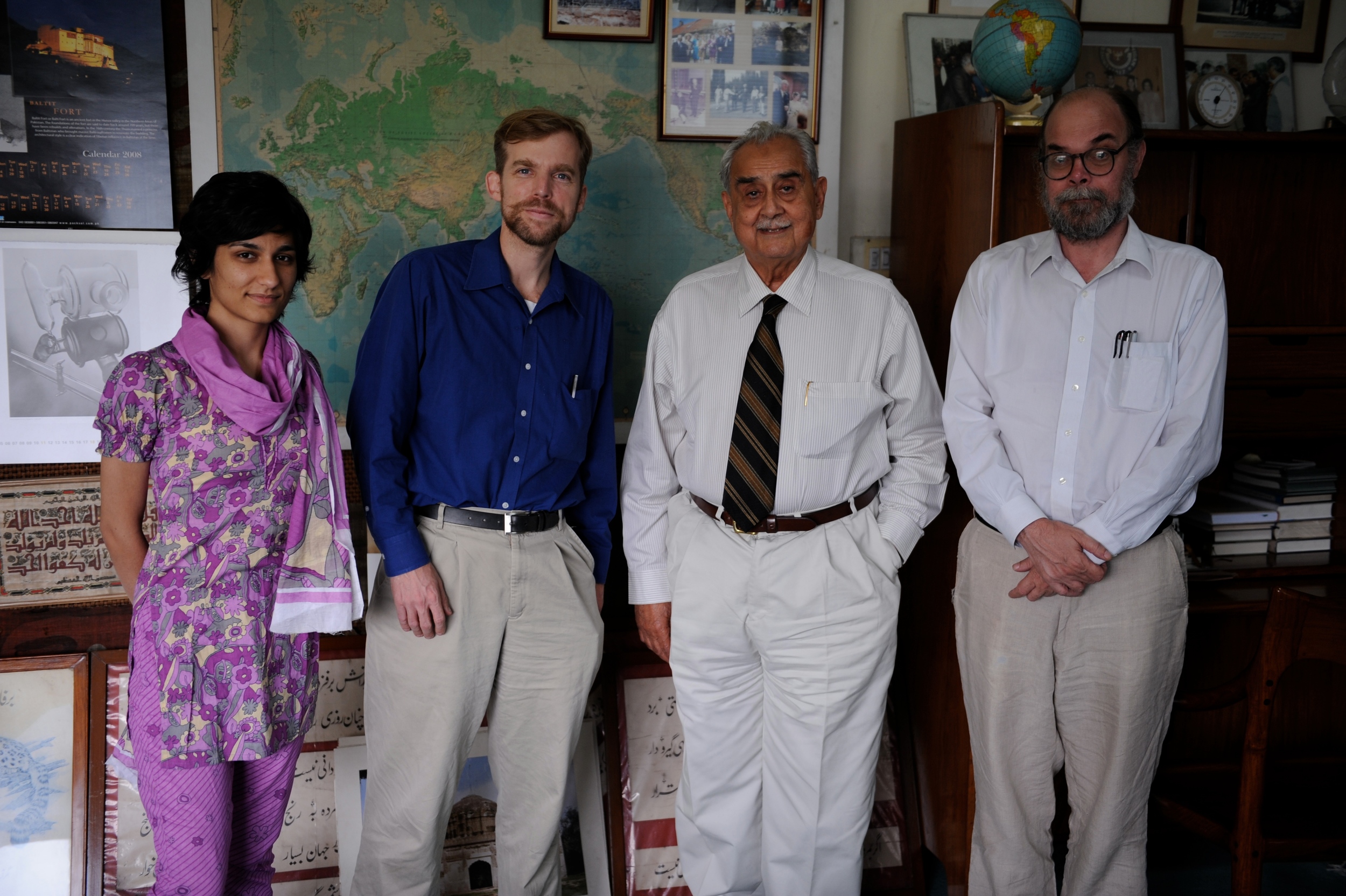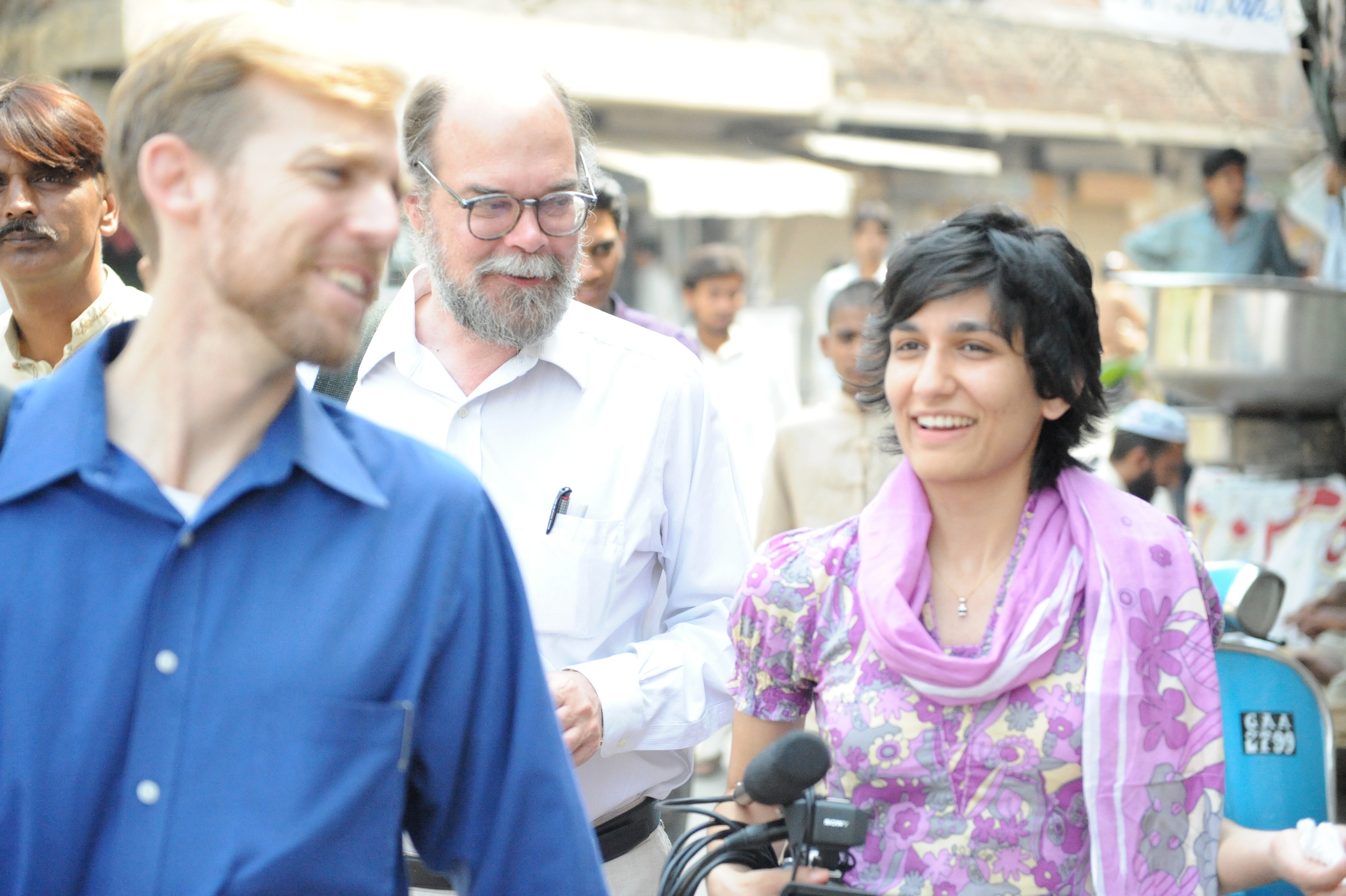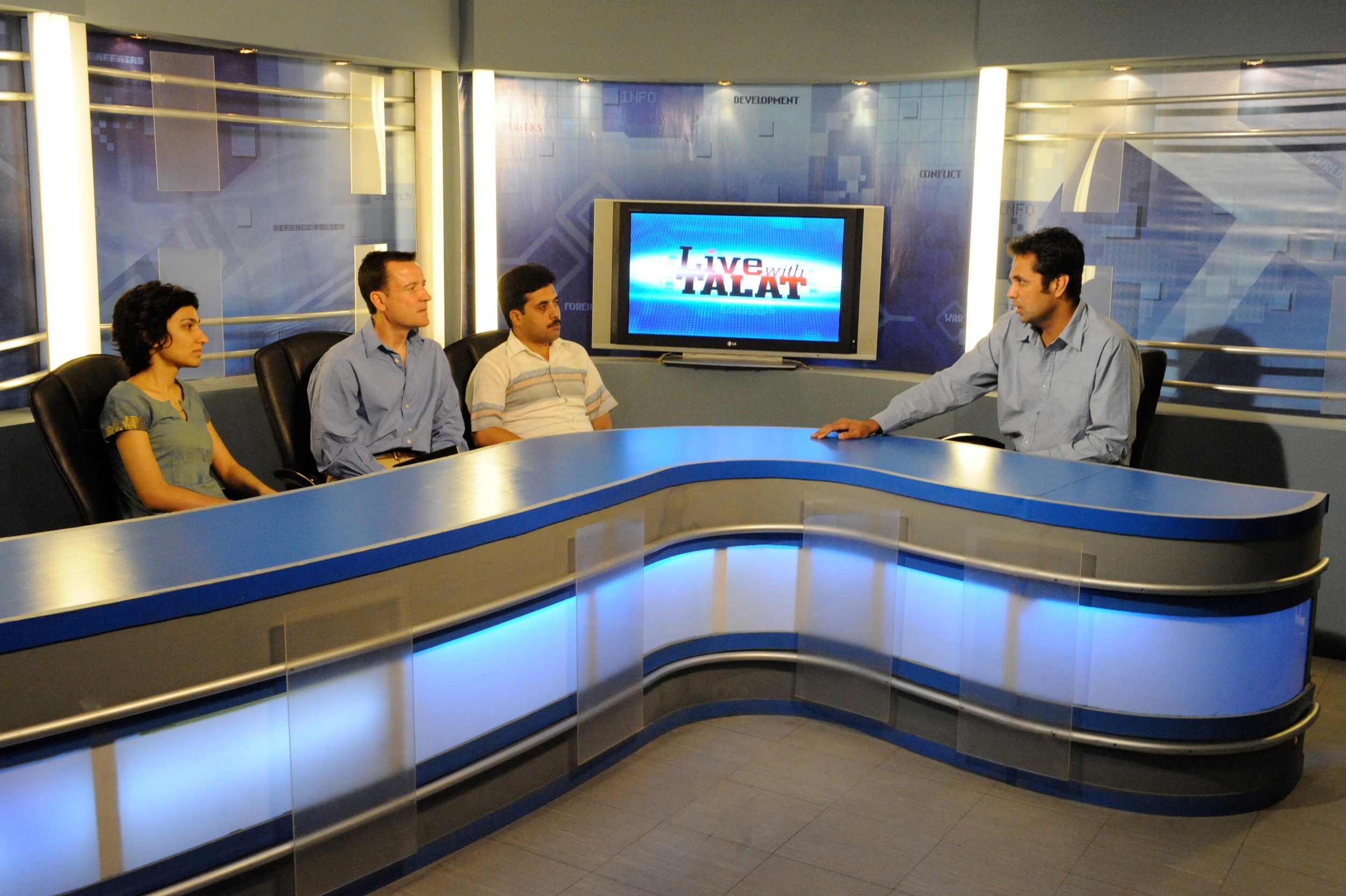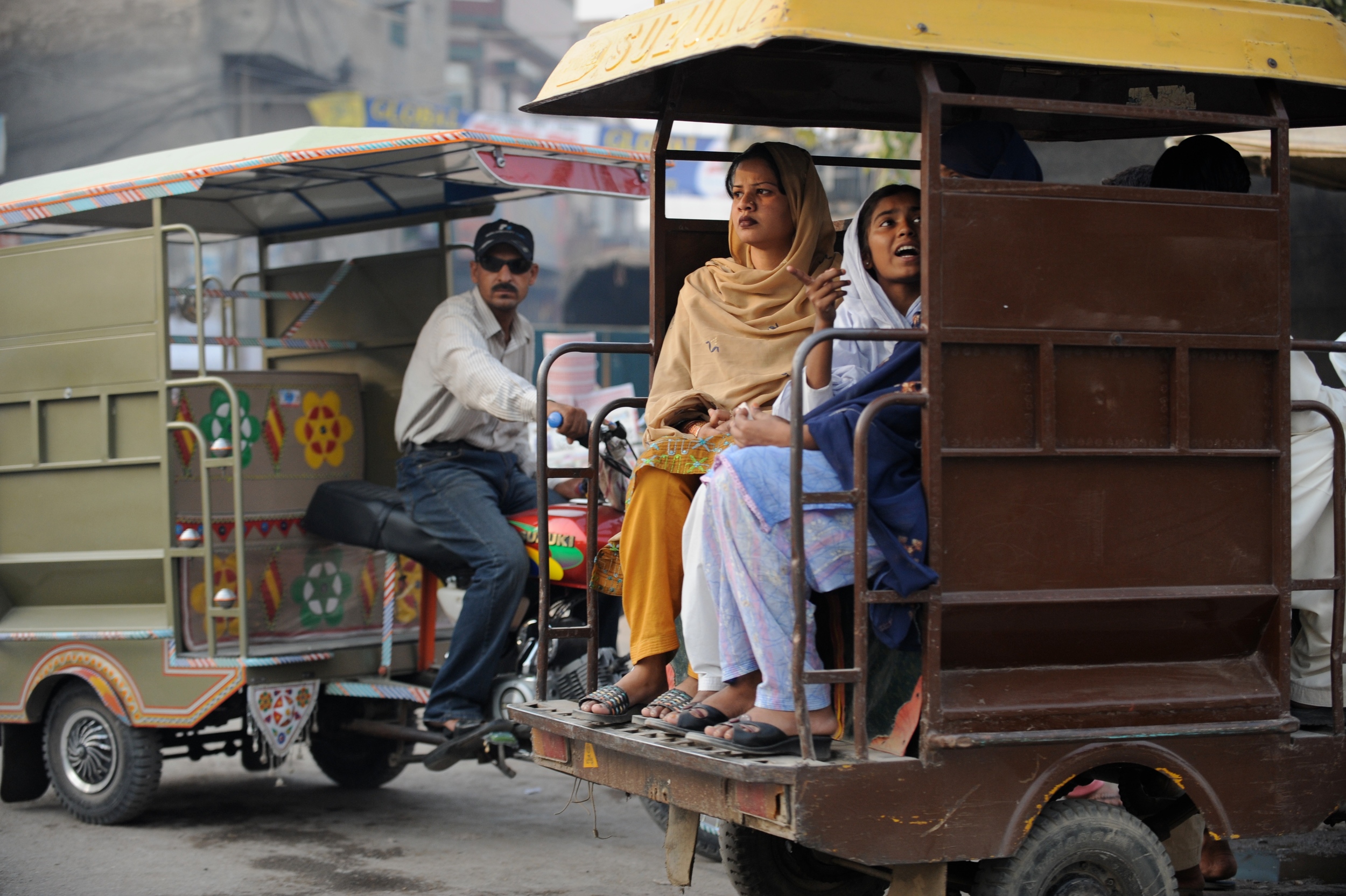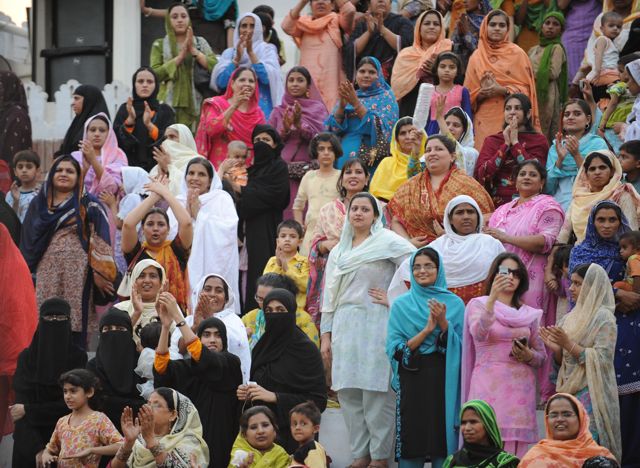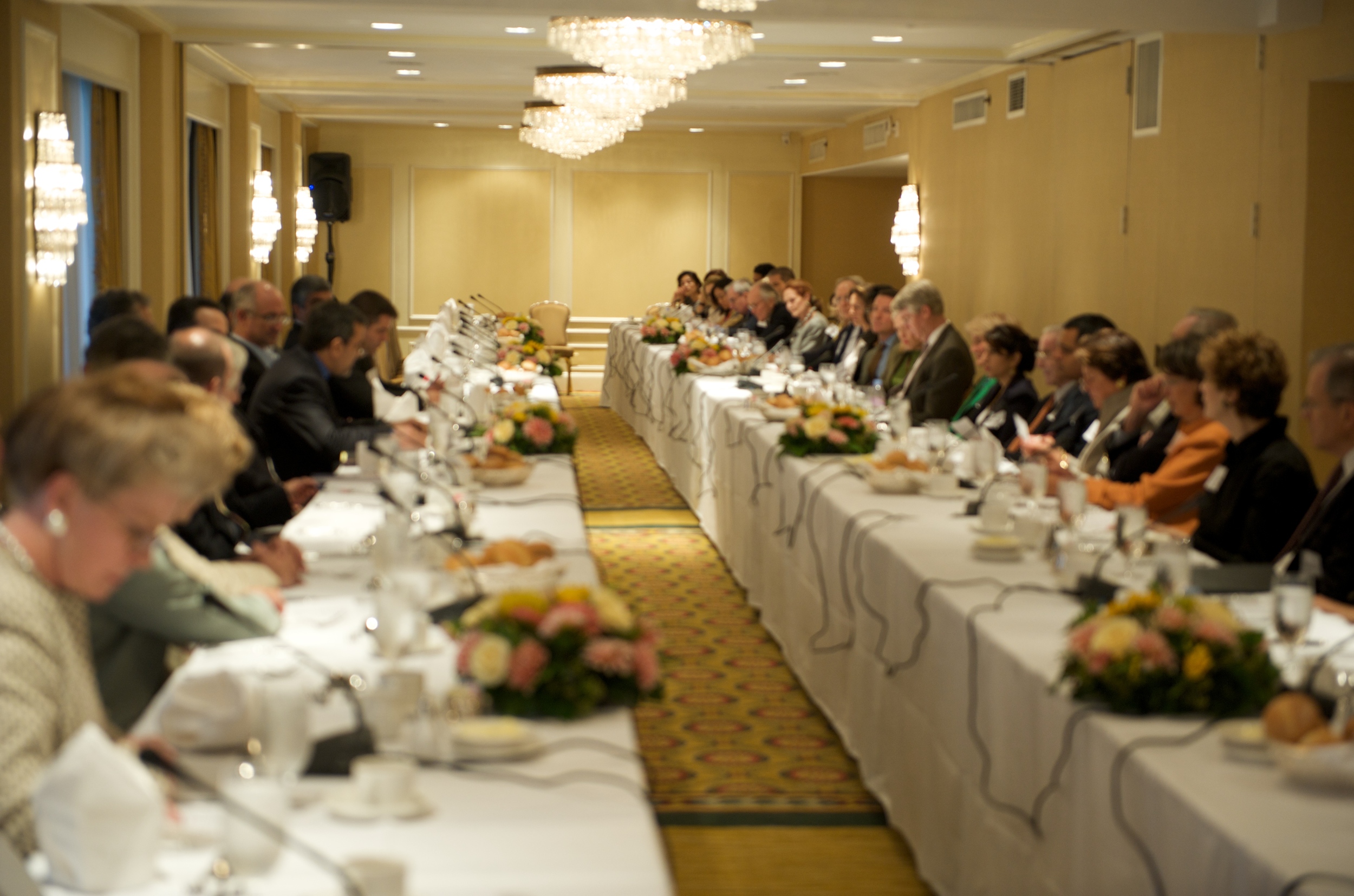In 2008, Network 20/20 sent a delegation to Pakistan in hopes of candid exchange and bridge building. While there, we aimed to acquire a better understanding of Pakistan and its views on the fight against terrorism and the danger of nuclear proliferation. We also hoped to gain insight on their thoughts on the temperamental nature of American-Pakistani bilateral relations, and to make concrete recommendations at a time when the United States was pledging to strengthen alliances across Pakistan society rather than just their military.
In a 10-day trip to Pakistan, flanked by side trips to Afghanistan and India, Network 20/20 conducted more than 60 interviews in Islamabad, Karachi, Lahore, Peshawar, Multan, Rawalpindi, Kabul, and New Delhi. Interviewees represented a massive cross-section of the Pakistani community as they ranged from government officials, members of parliament, military officers, university chancellors, and business executives to religious leaders, radical Islamists, journalists, non-profit community organizers, scientists, entrepreneurs, and pedestrians. While many people spoke English, Network 20/20’s Urdu-speaking members were able to converse with those who did not.
The report that resulted, A Different Kind of Partner: A Paradigm for Democracy and Counter-Terrorism in Pakistan, has been disseminated to public and private policymakers, diplomats, the media, NGOs, and U.S. presidential candidates. We note that it is the first to highlight the fact that extremist cells are present throughout Pakistan and not just isolated to tribal areas. We also note that the vast majority of Pakistanis oppose fundamentalism, support democracy and prioritize economic issues over security ones (in perceived tension with the U.S. foreign policy agenda). From the trip, Network 20/20 has concluded that the United States must forge alliances with multiple constituencies and address the food and energy crises in Pakistan if it wishes to mediate unrest and stabilize the Pakistani government.
Following the trip, Network 20/20 delegate Imtiaz Ali was invited to accompany Special Envoy Richard Holbrooke to tour the internal displacement camps of those fleeing the conflict between the Pakistan army and the Taliban, where Ali served as local language media advisor and translator. When he returned to the United States, Ali testified before the Senate Foreign Relations Subcommittee on South and Central Asia on the previously unknown realities of internally displaced people in Pakistan. Ali's firsthand reports were well received by the United States government, and further emphasized to it the importance of listening directly to Pakistanis. Ali remained a key advisor to the Holbrooke team, especially in regards to improving communications with the Pakistani media.
